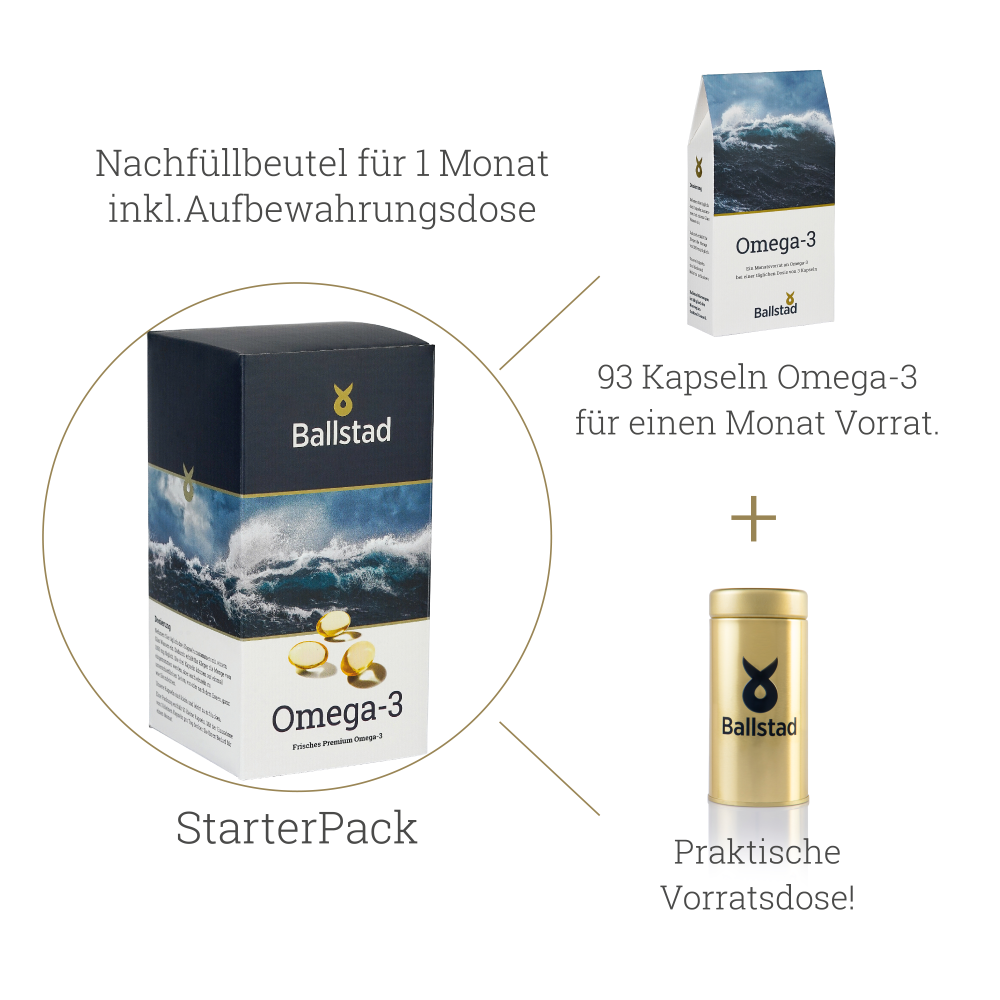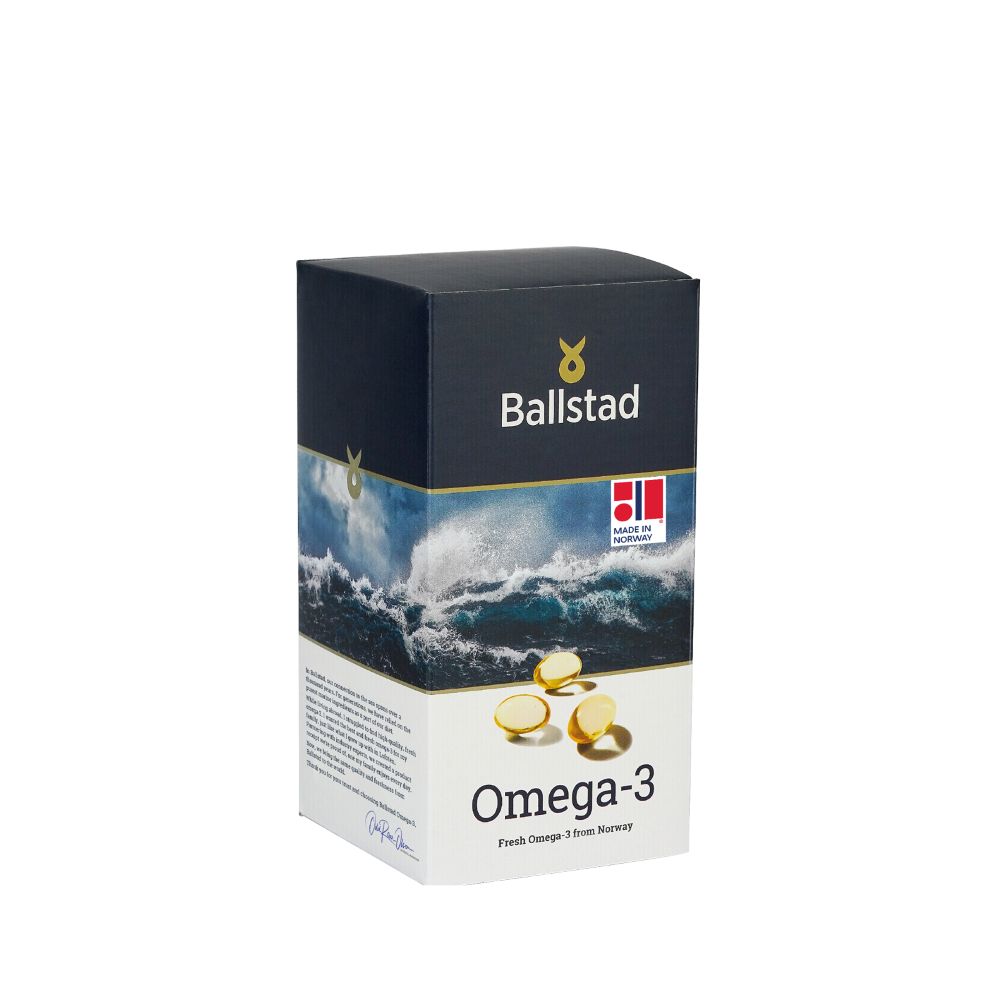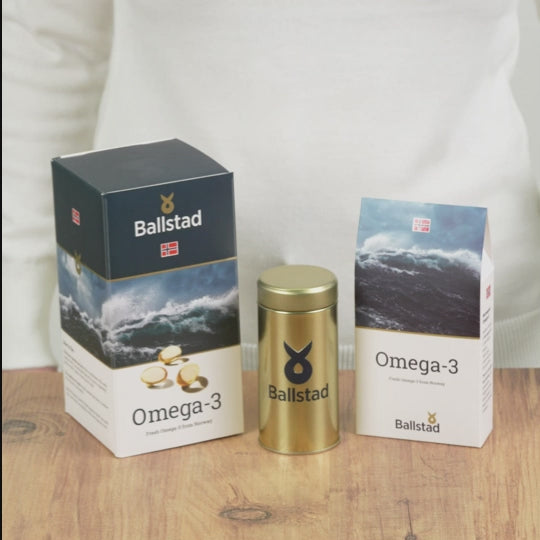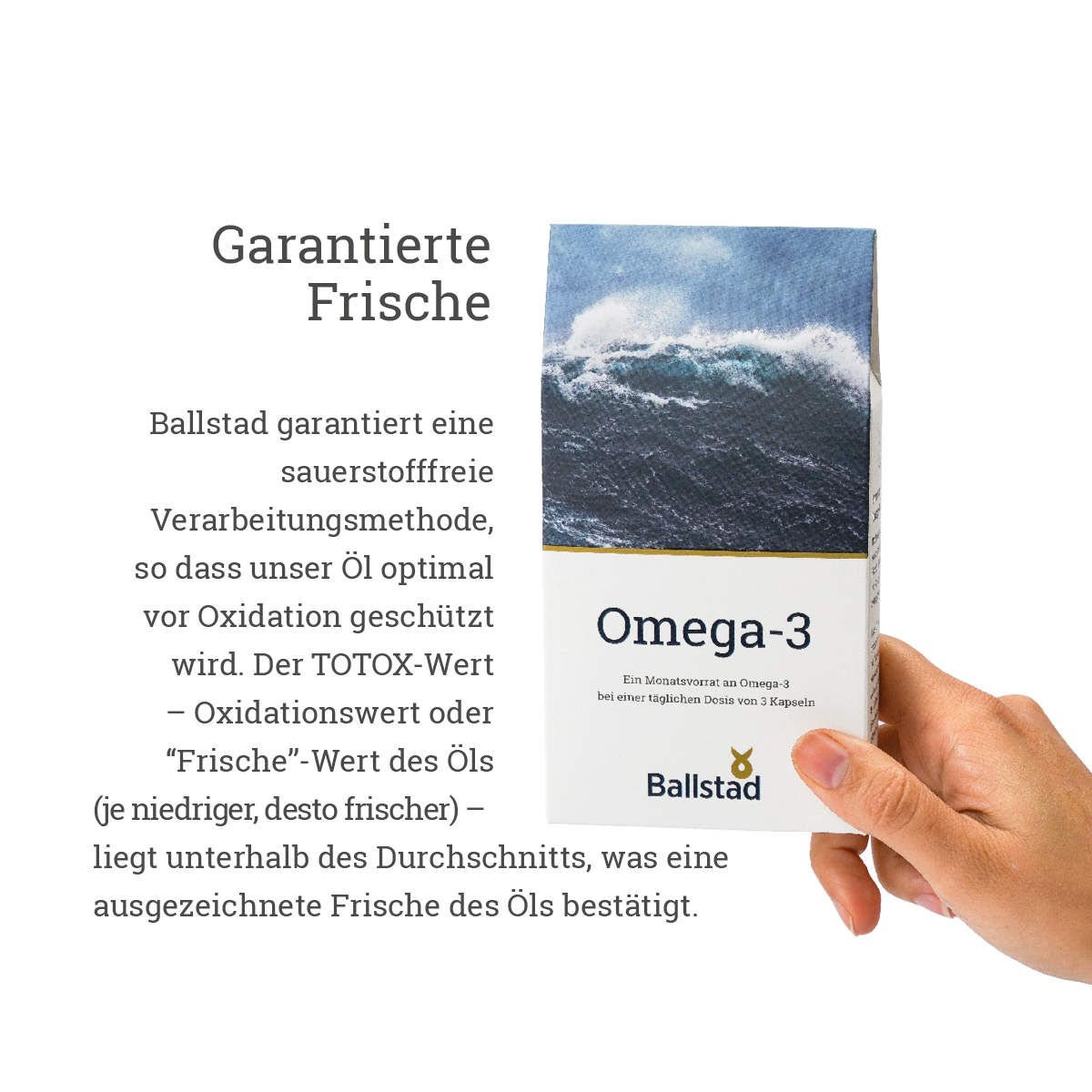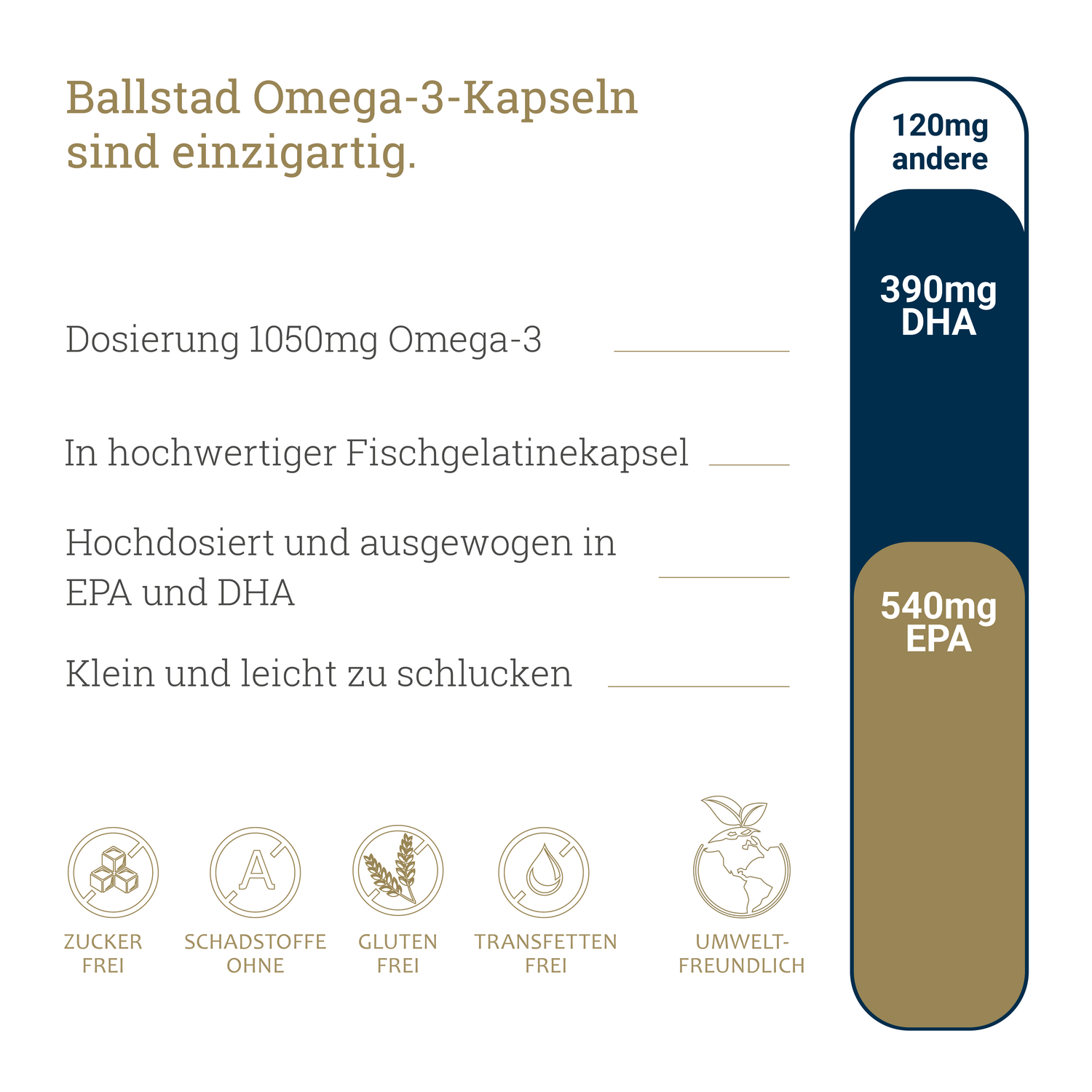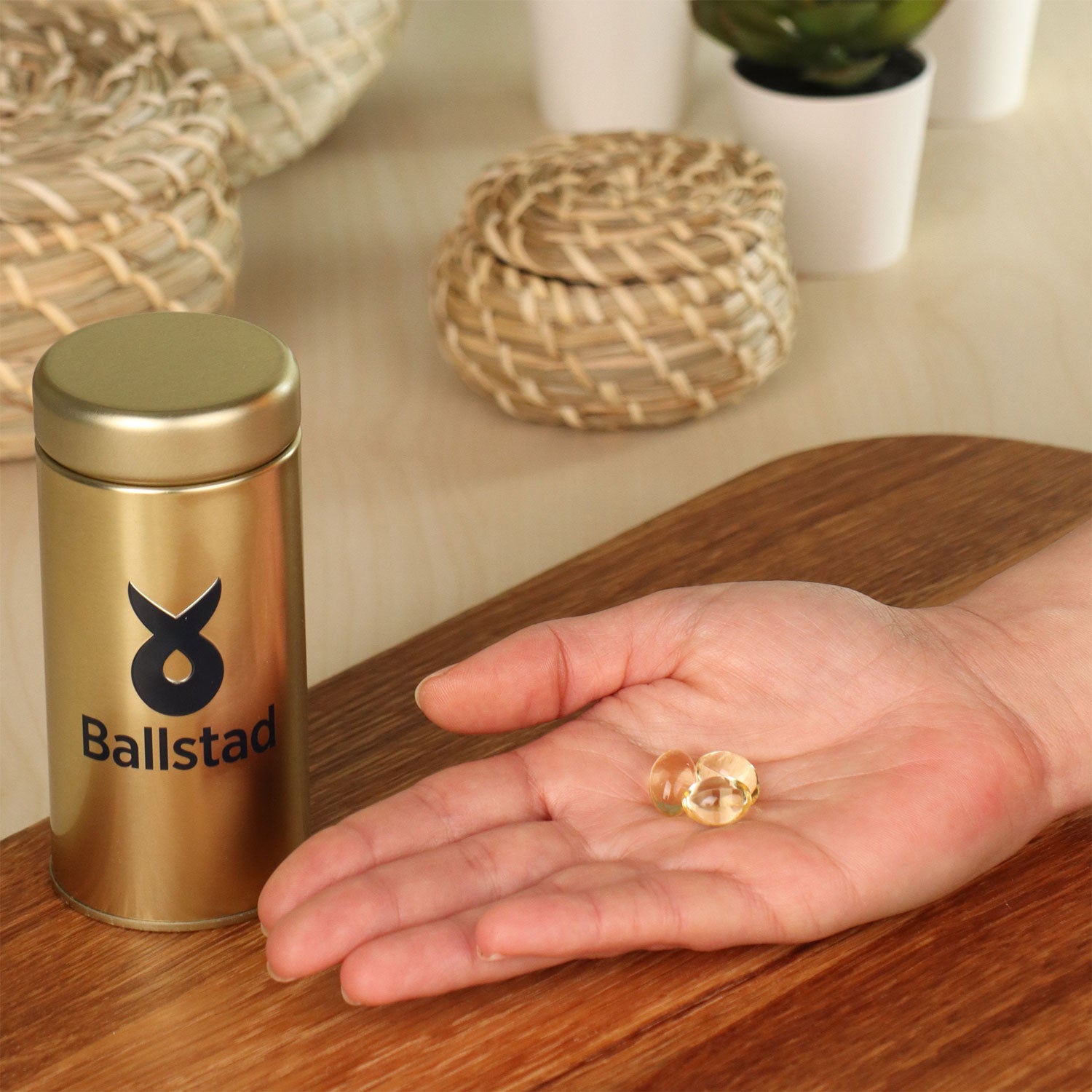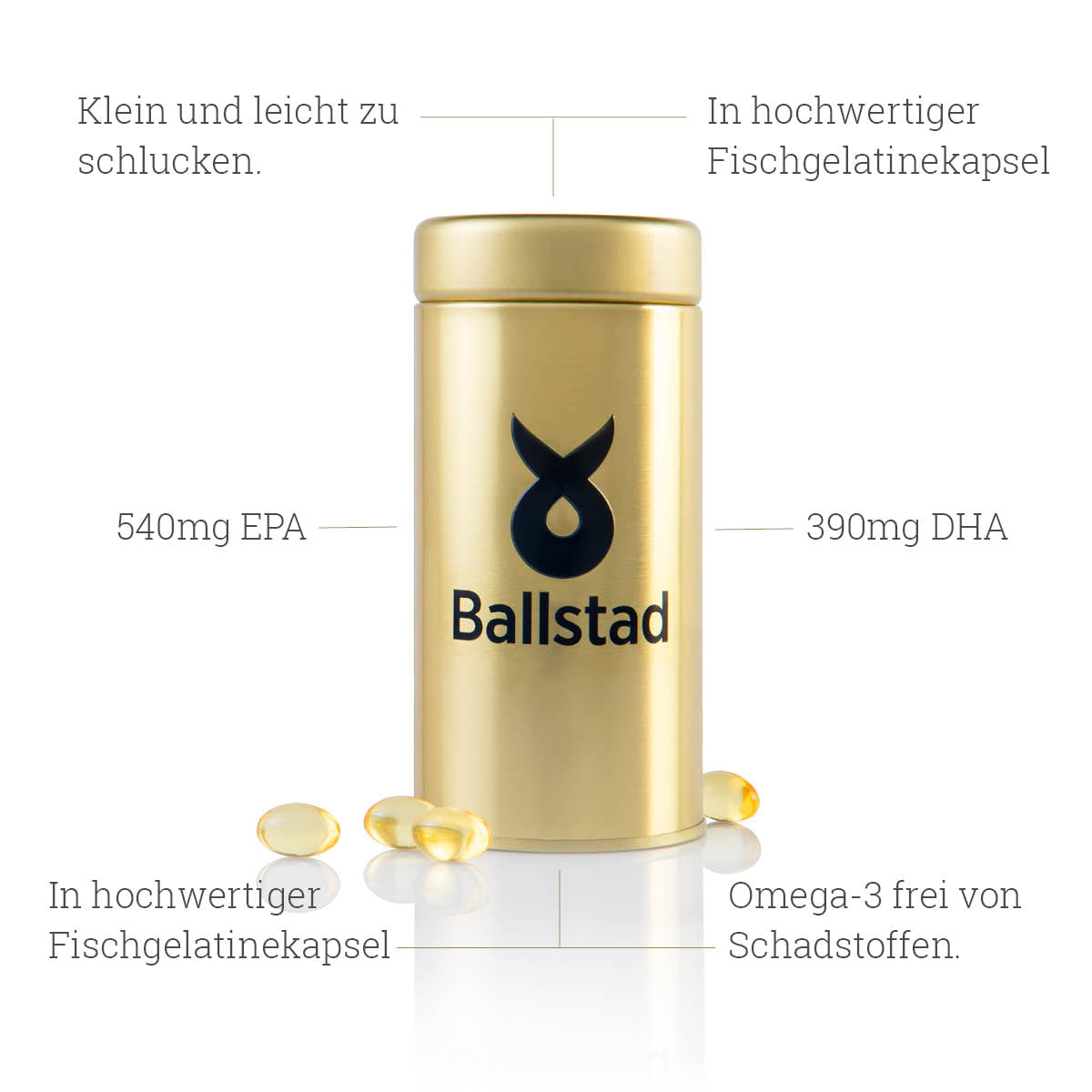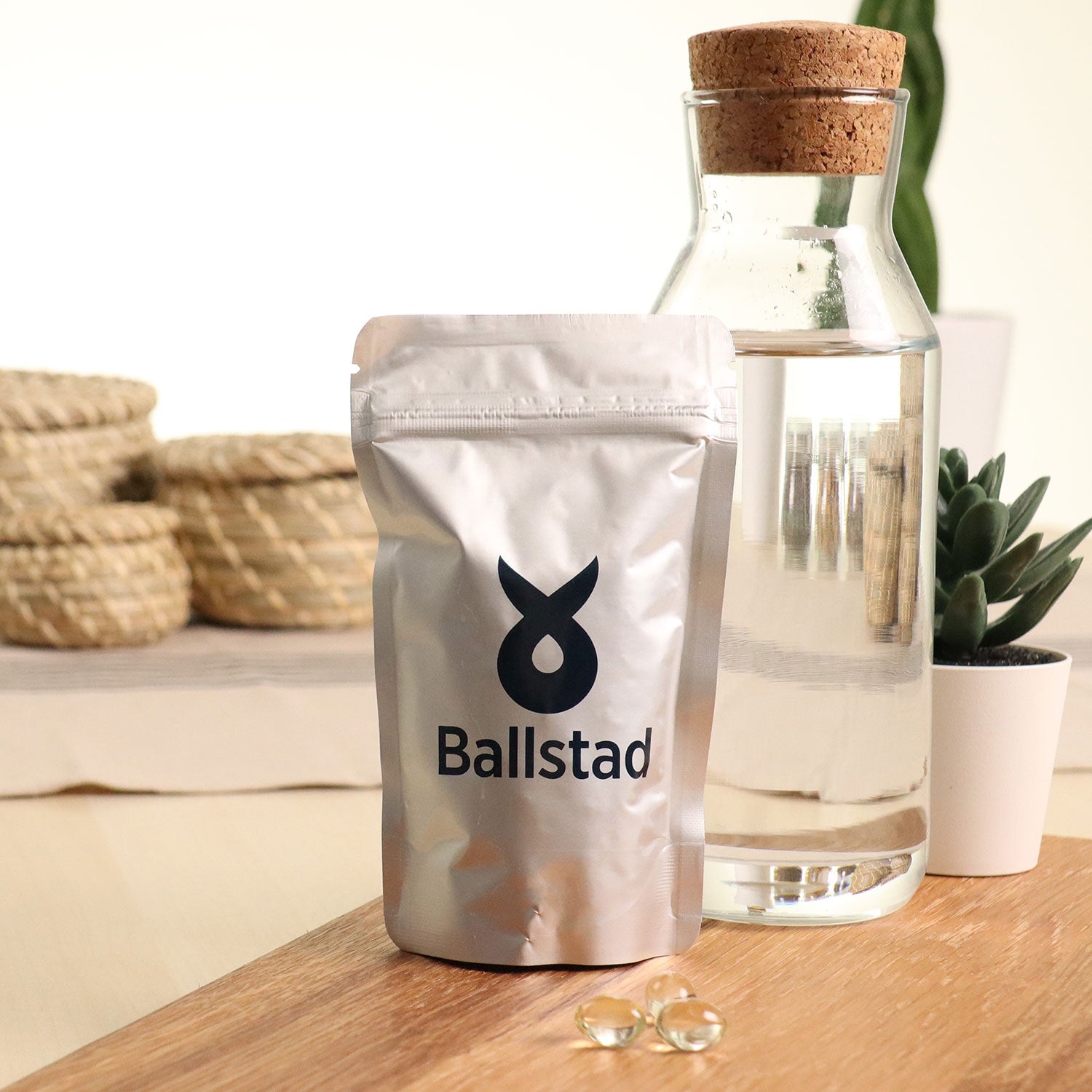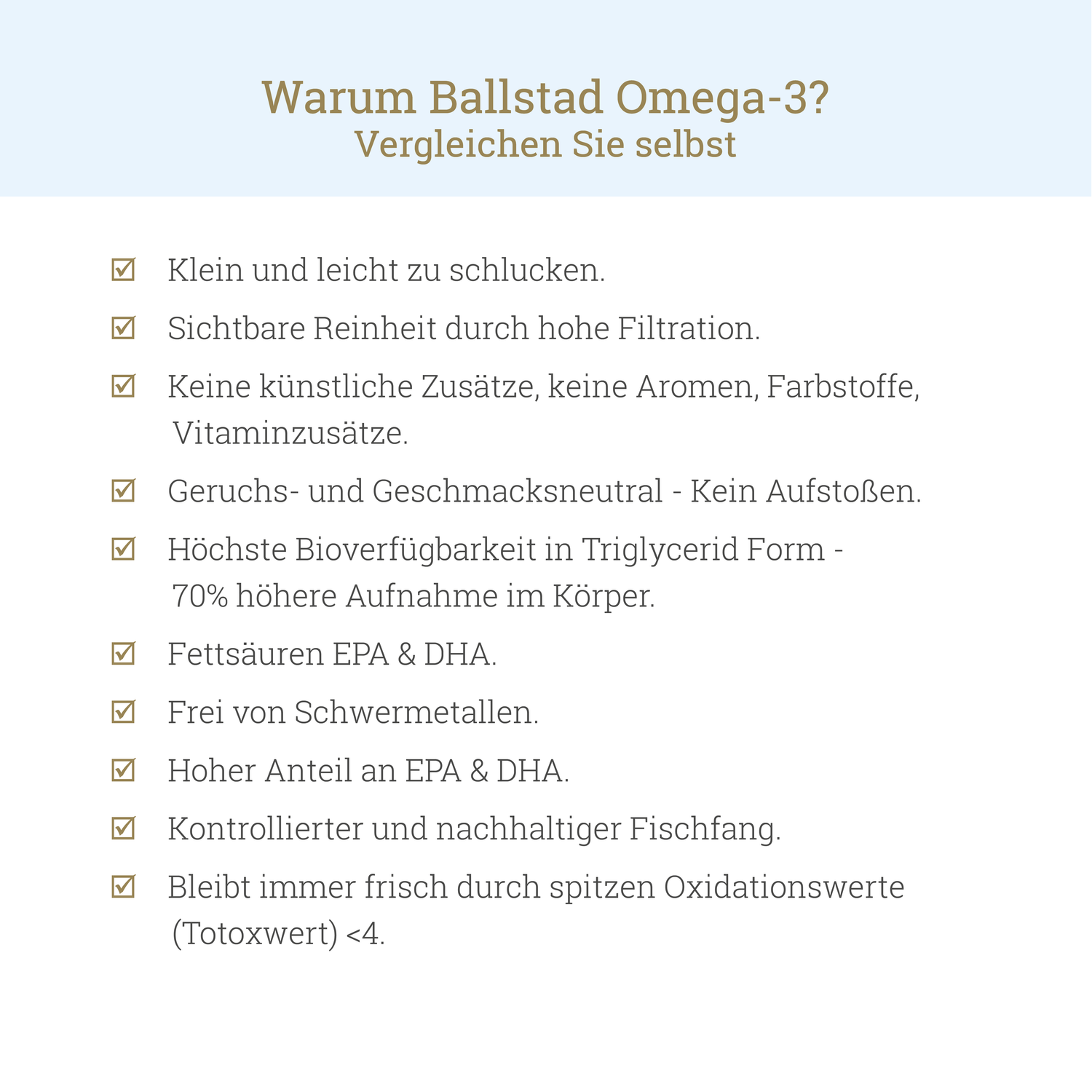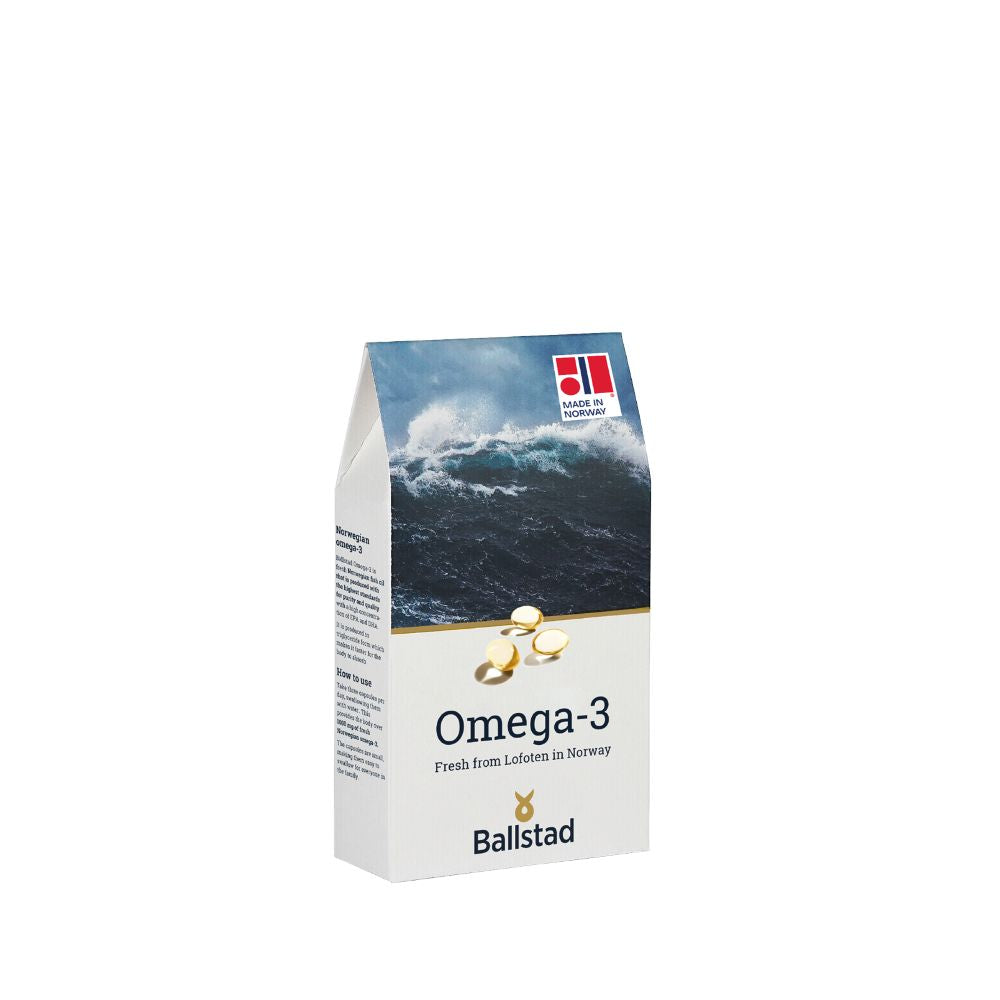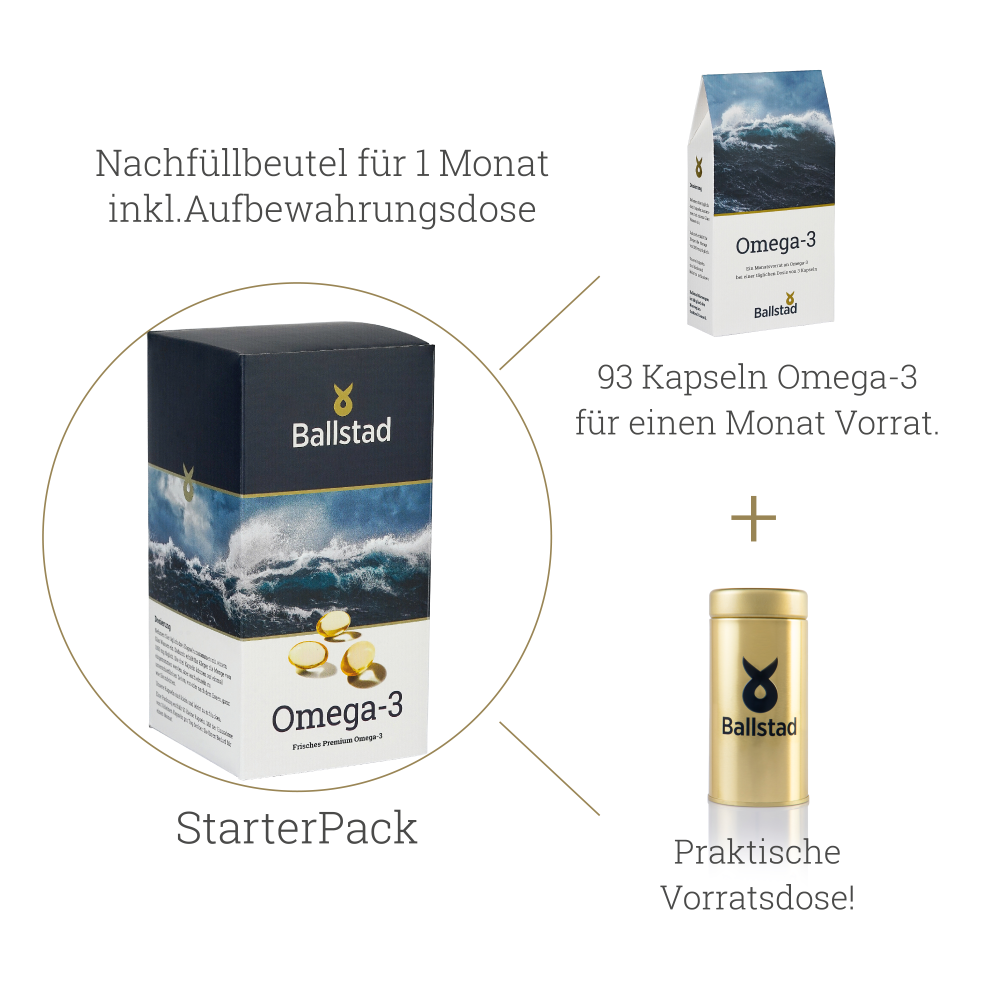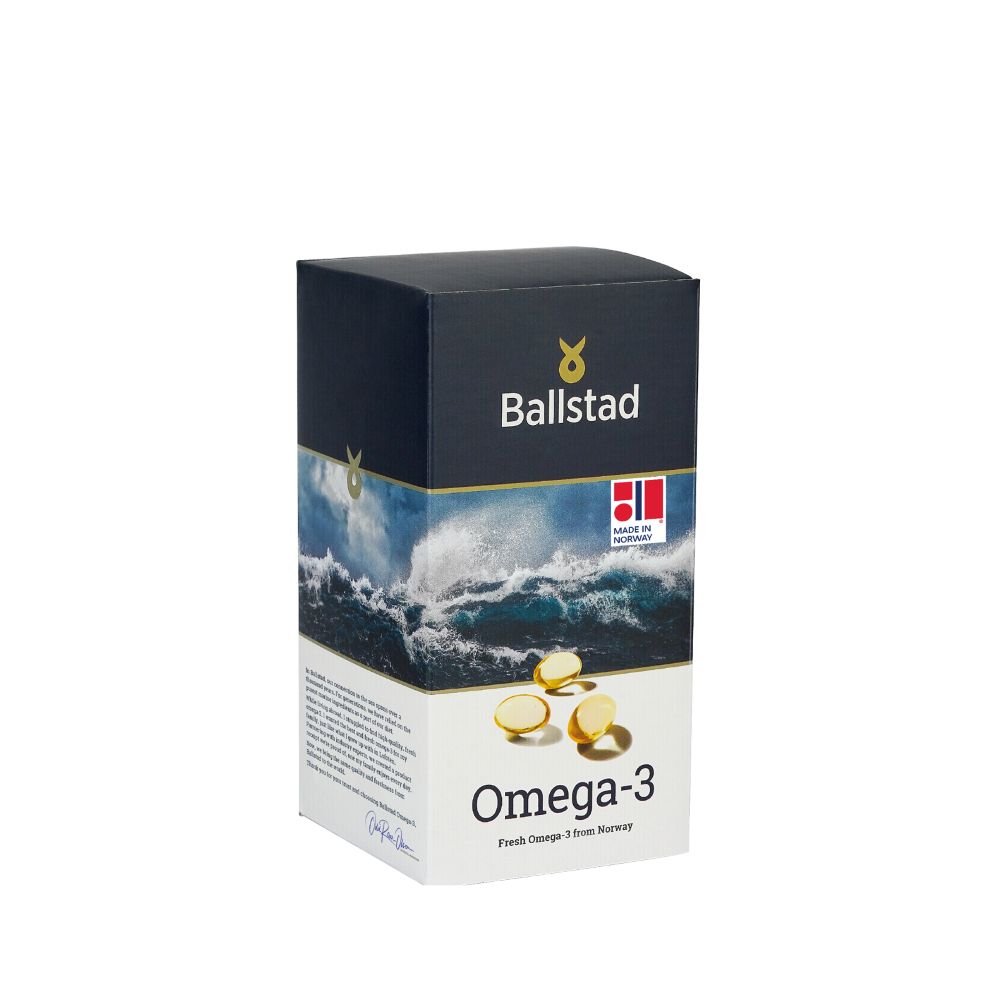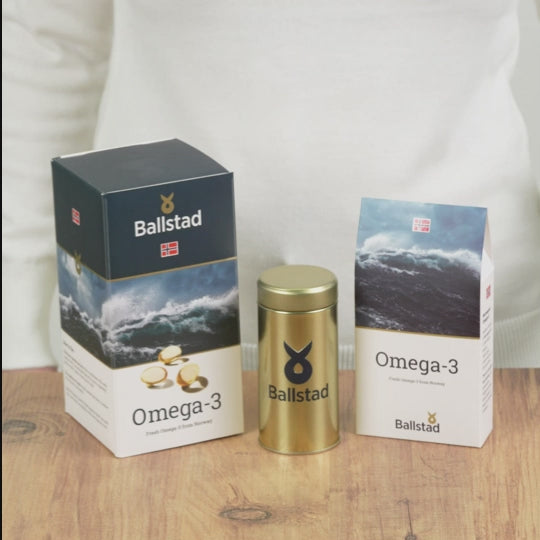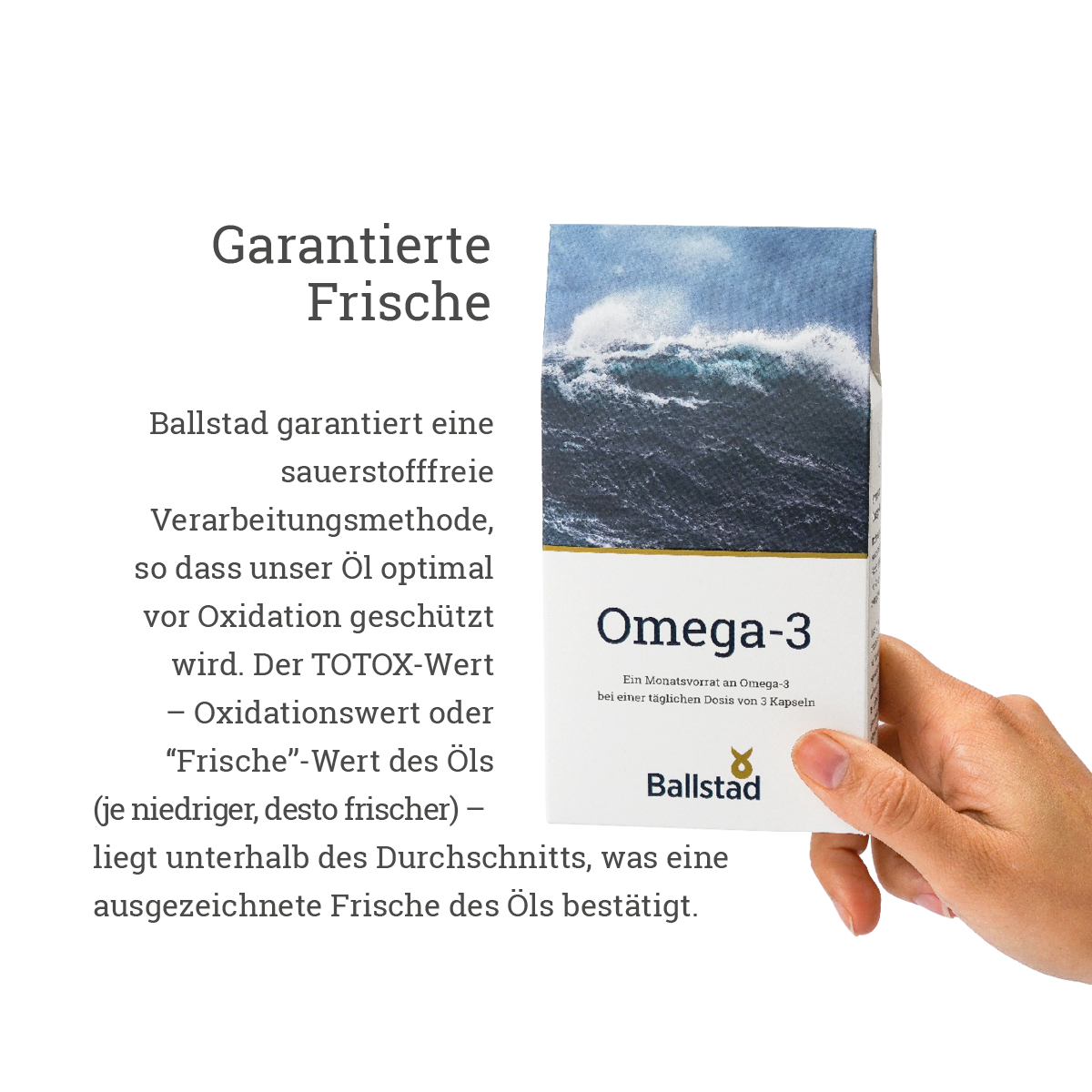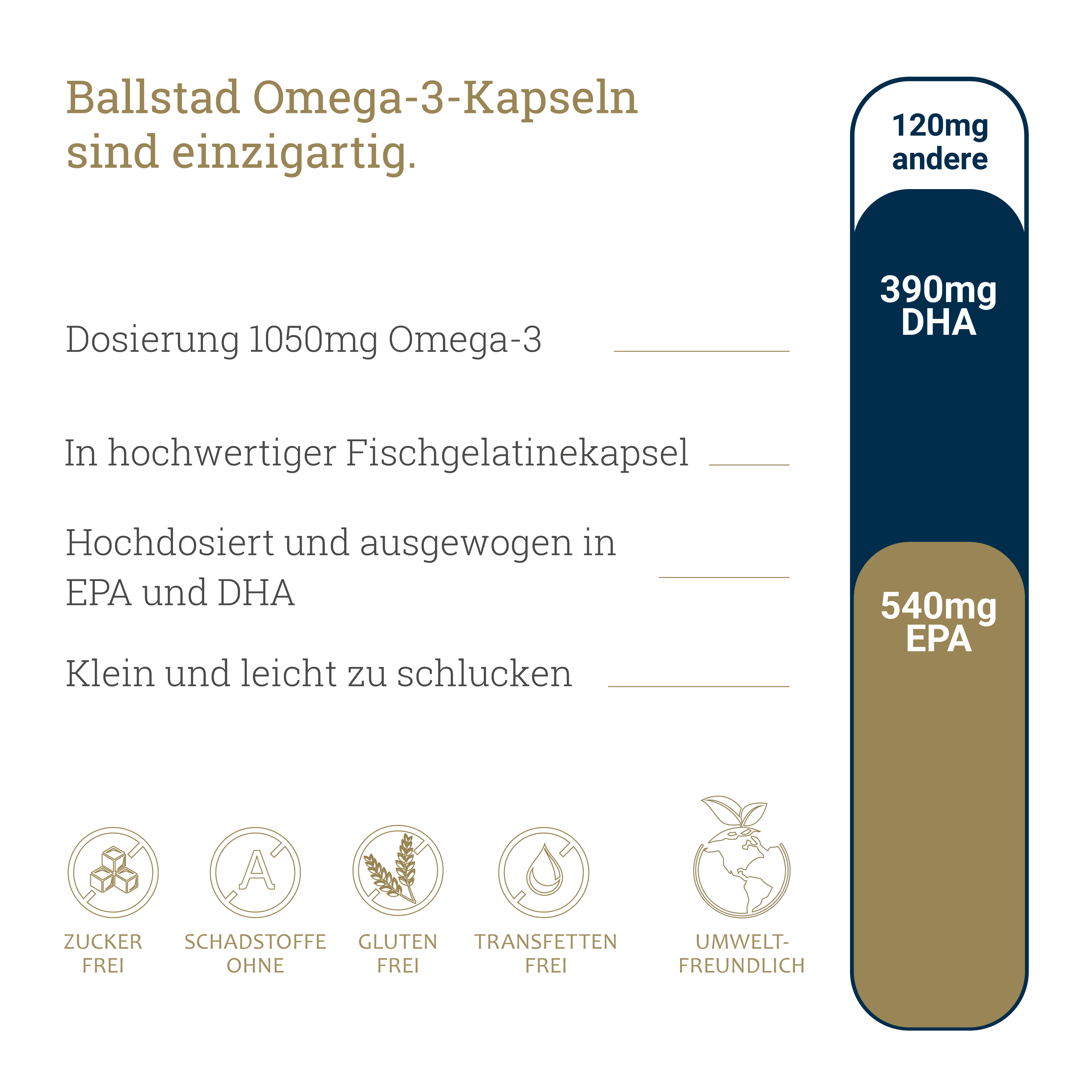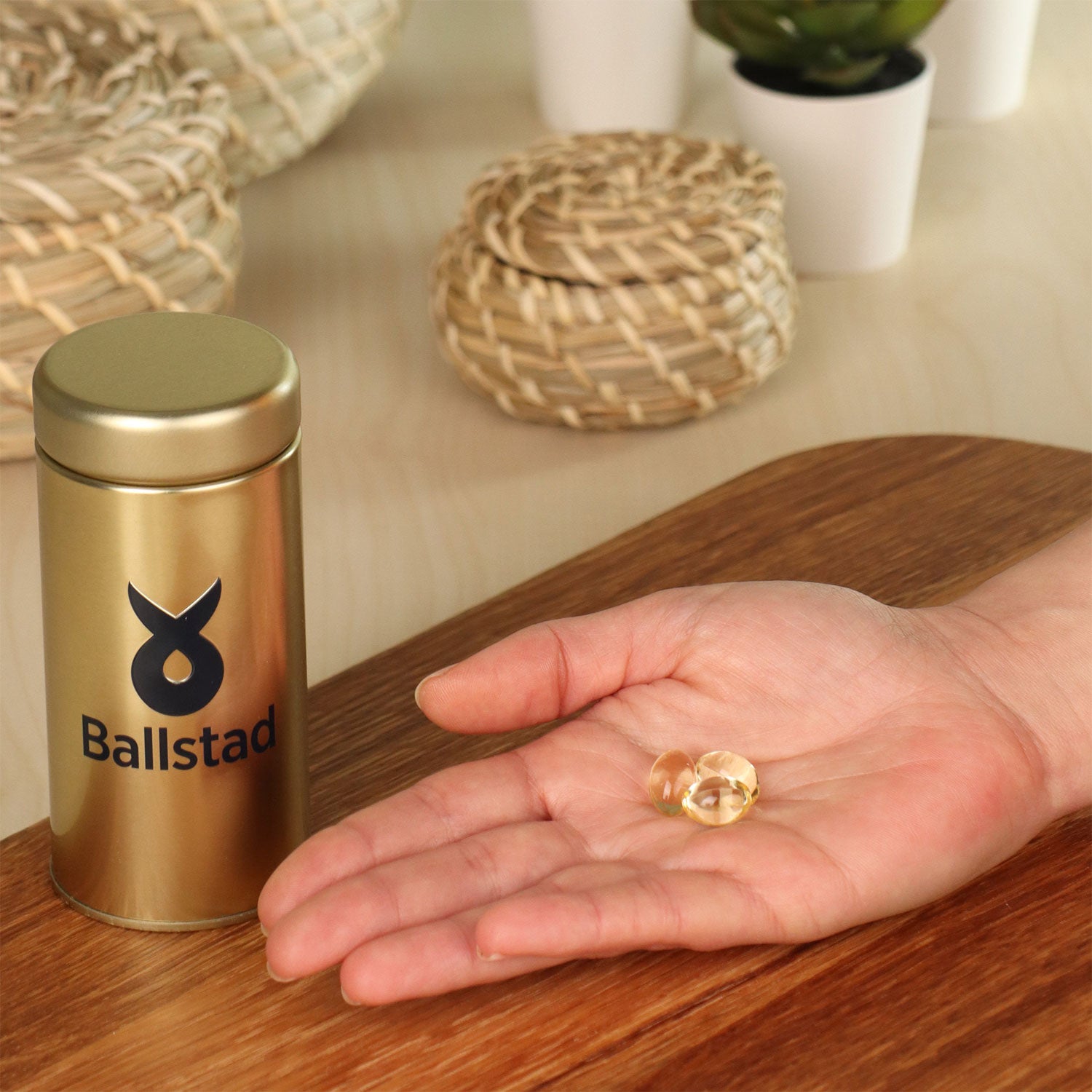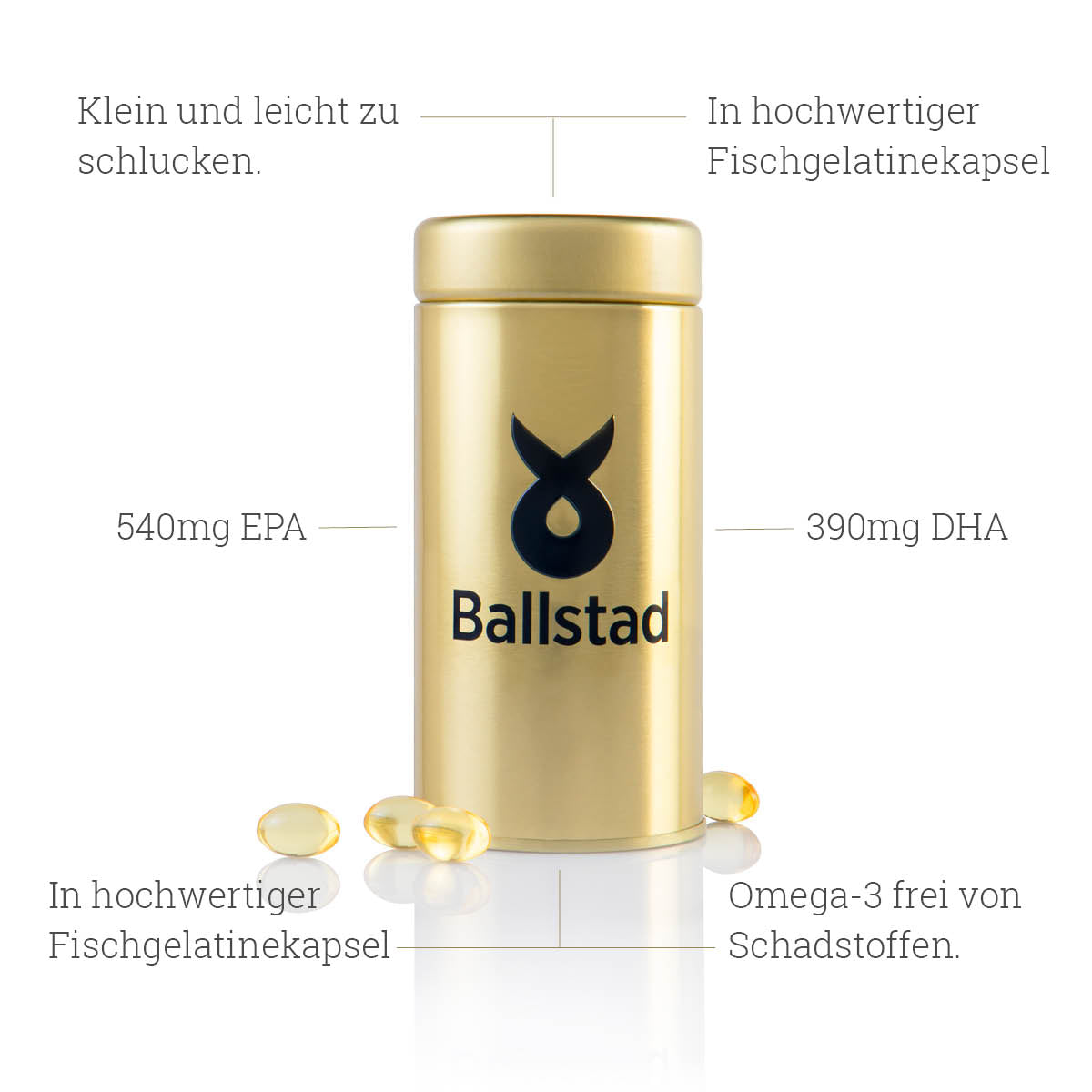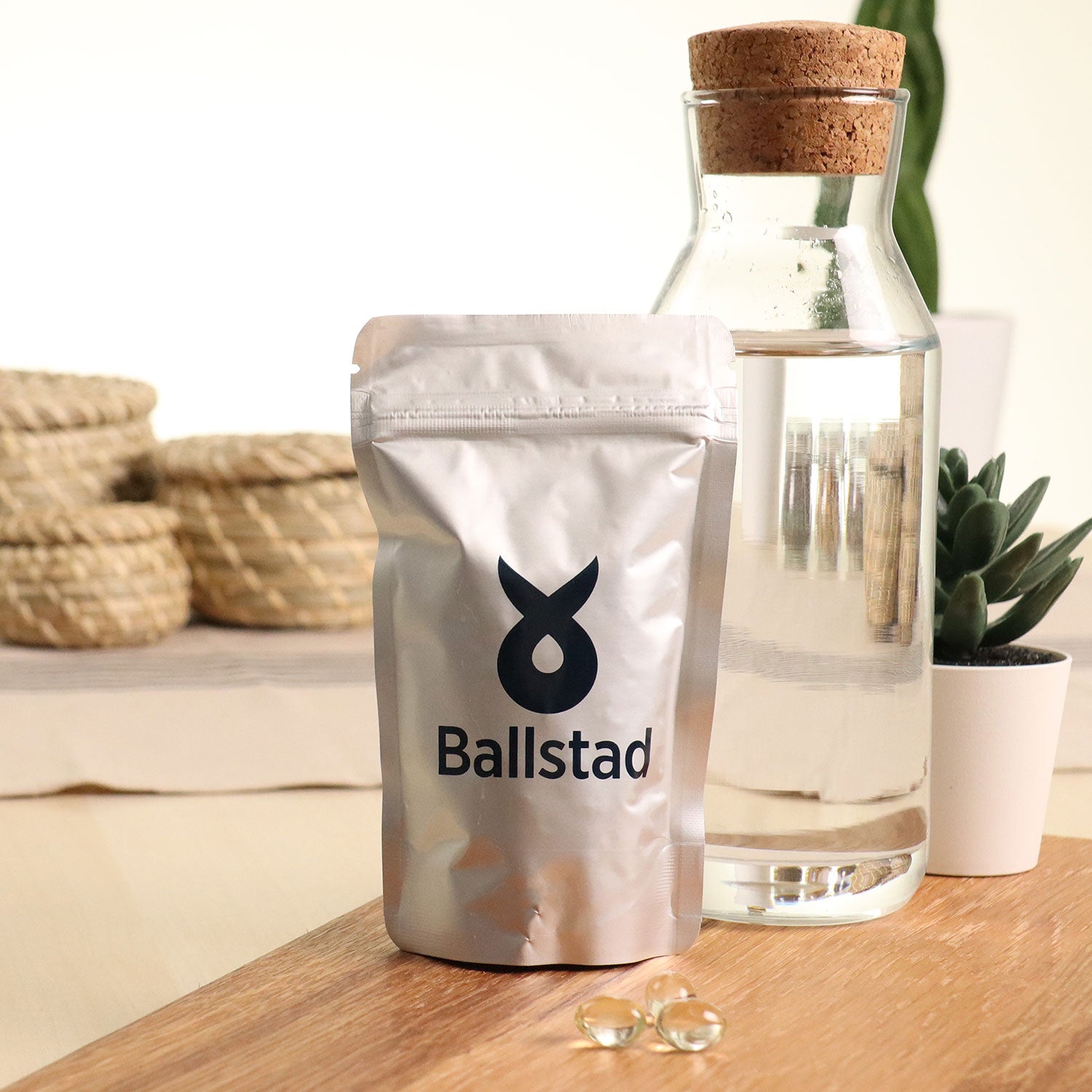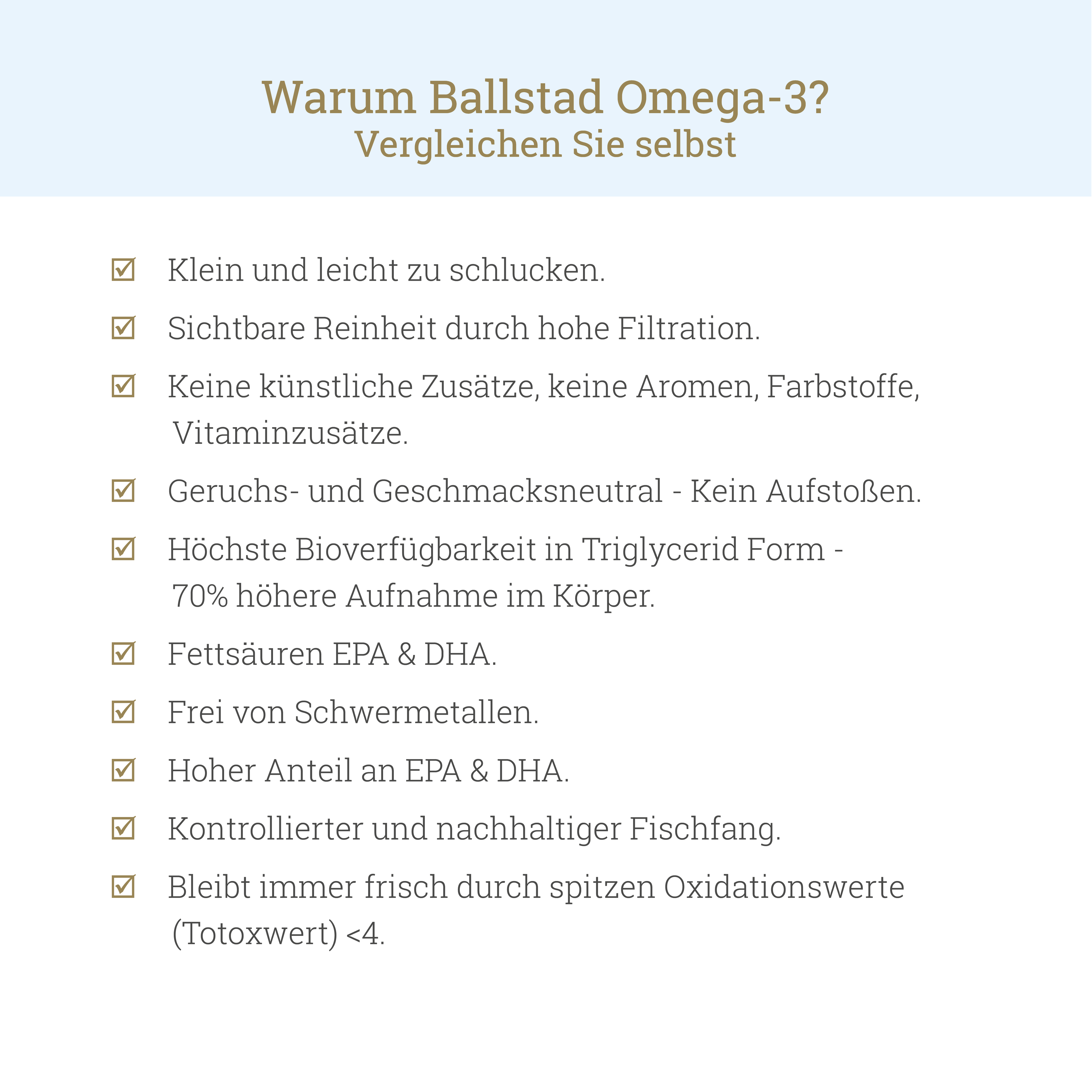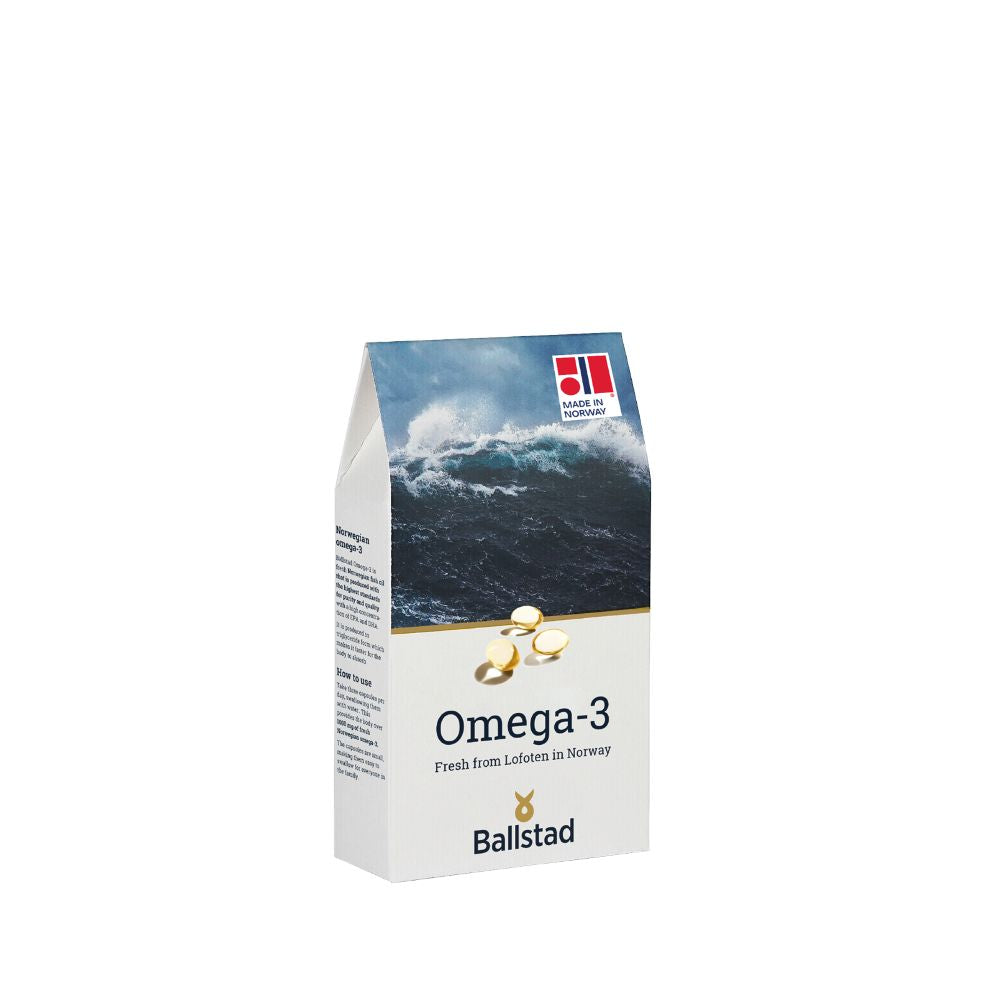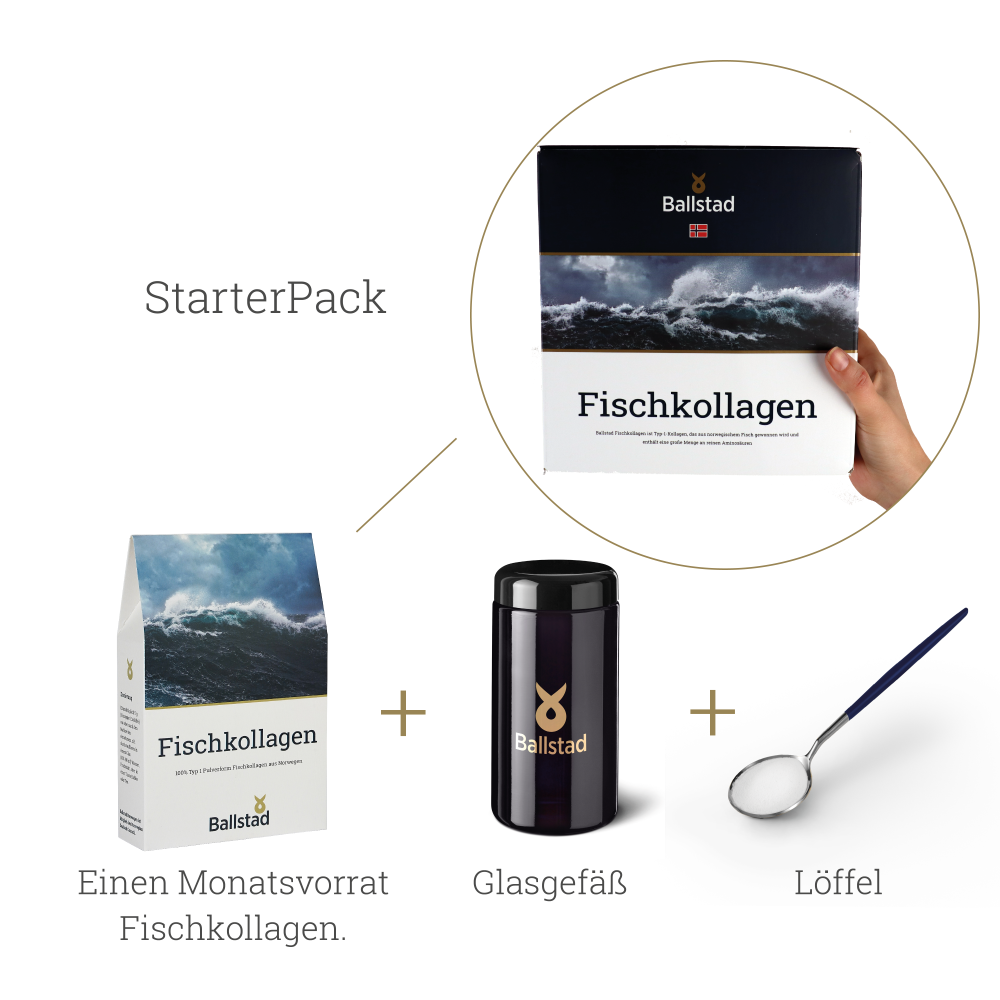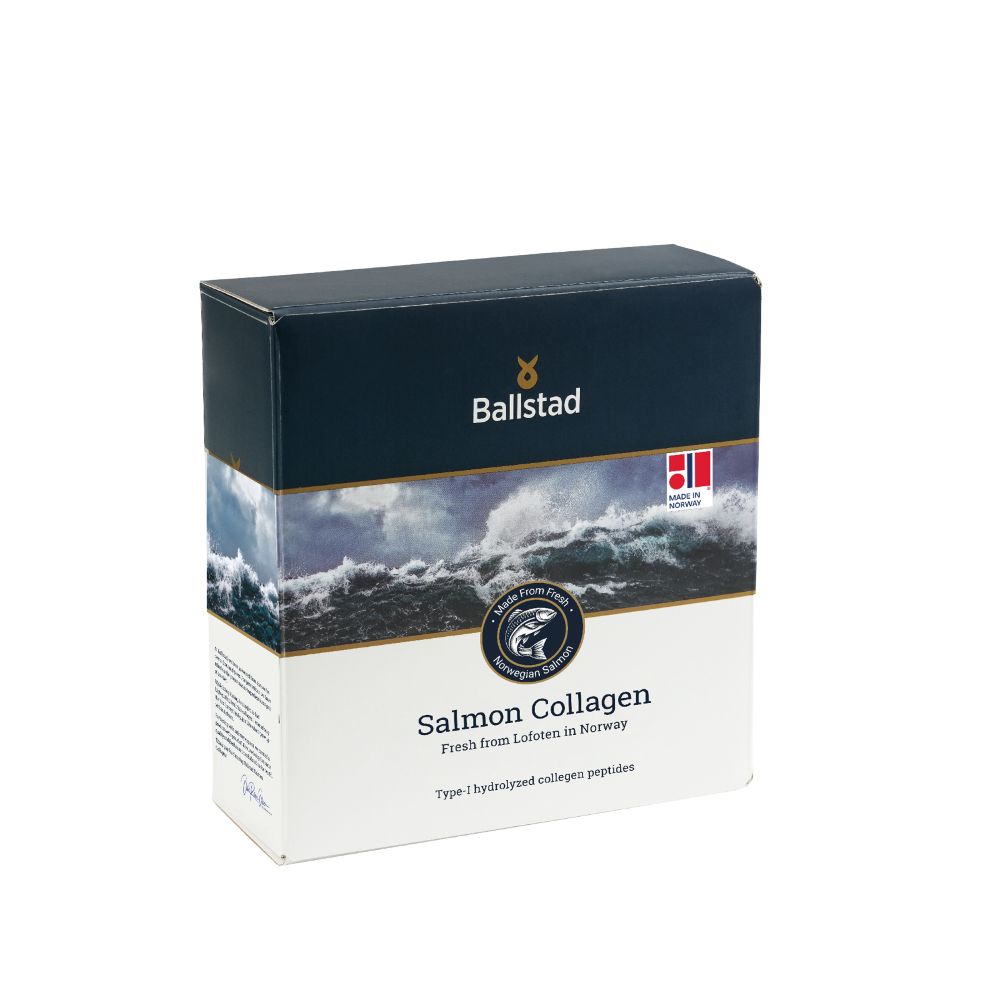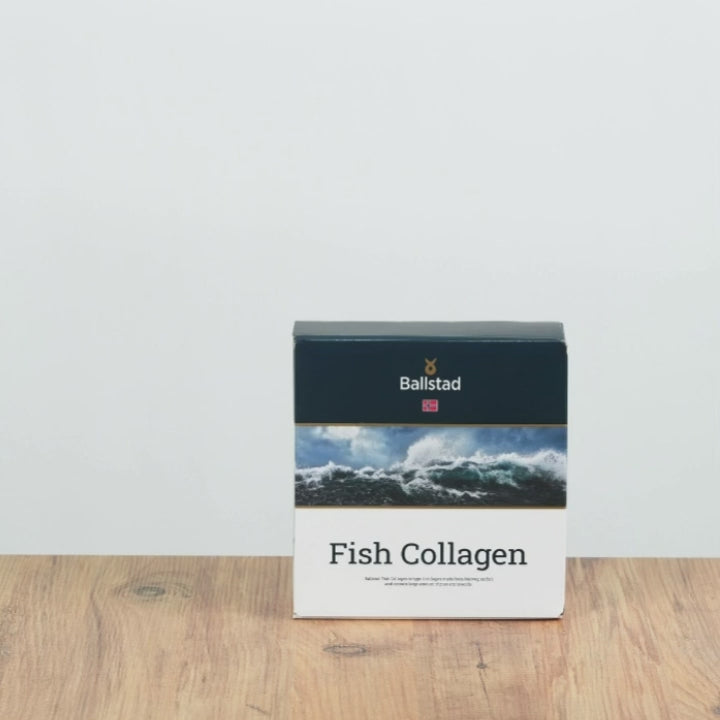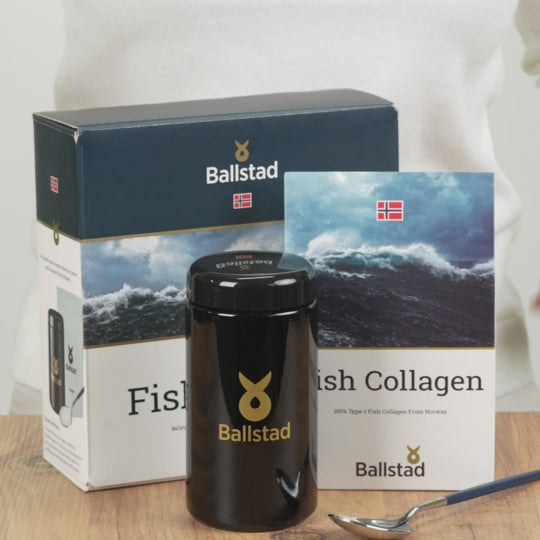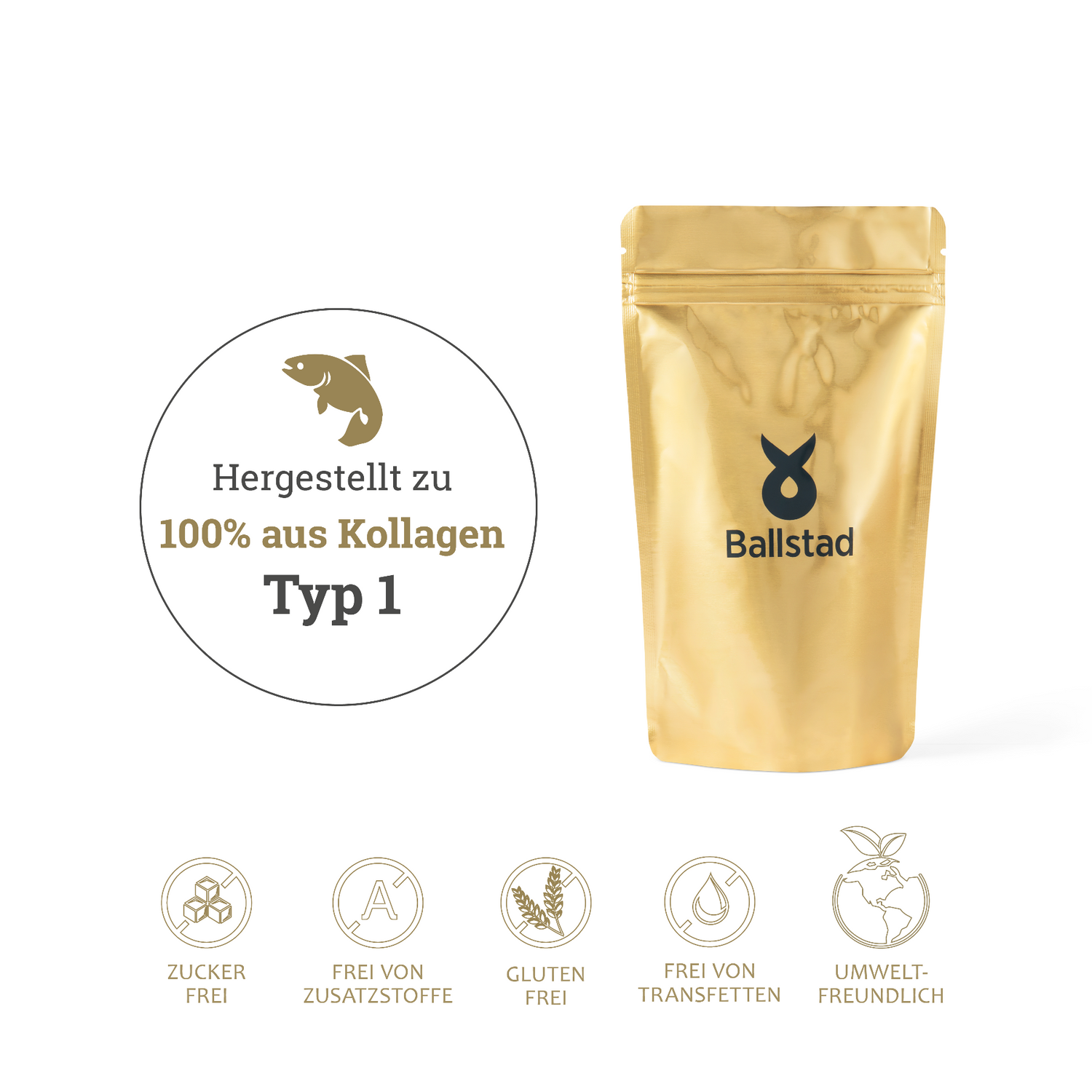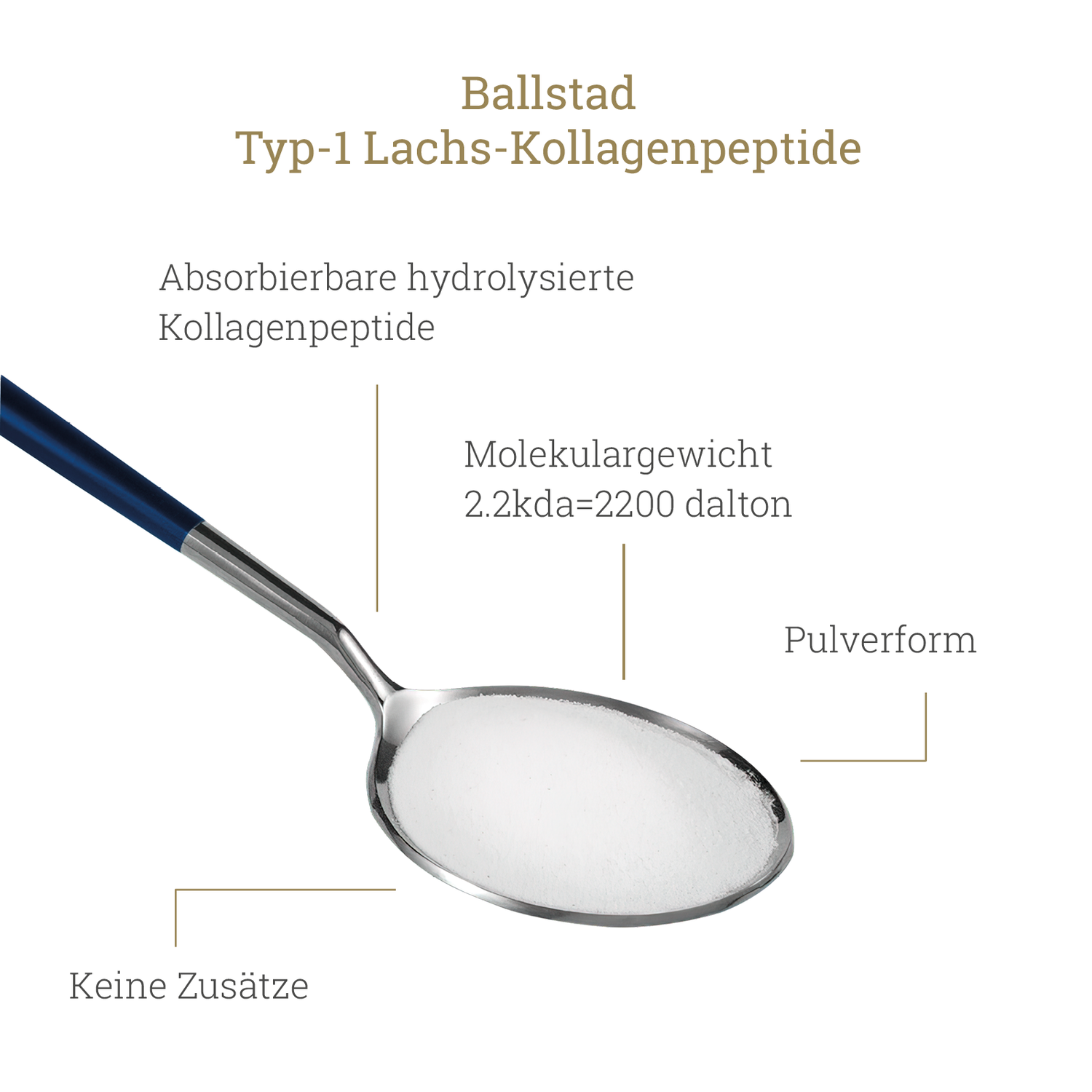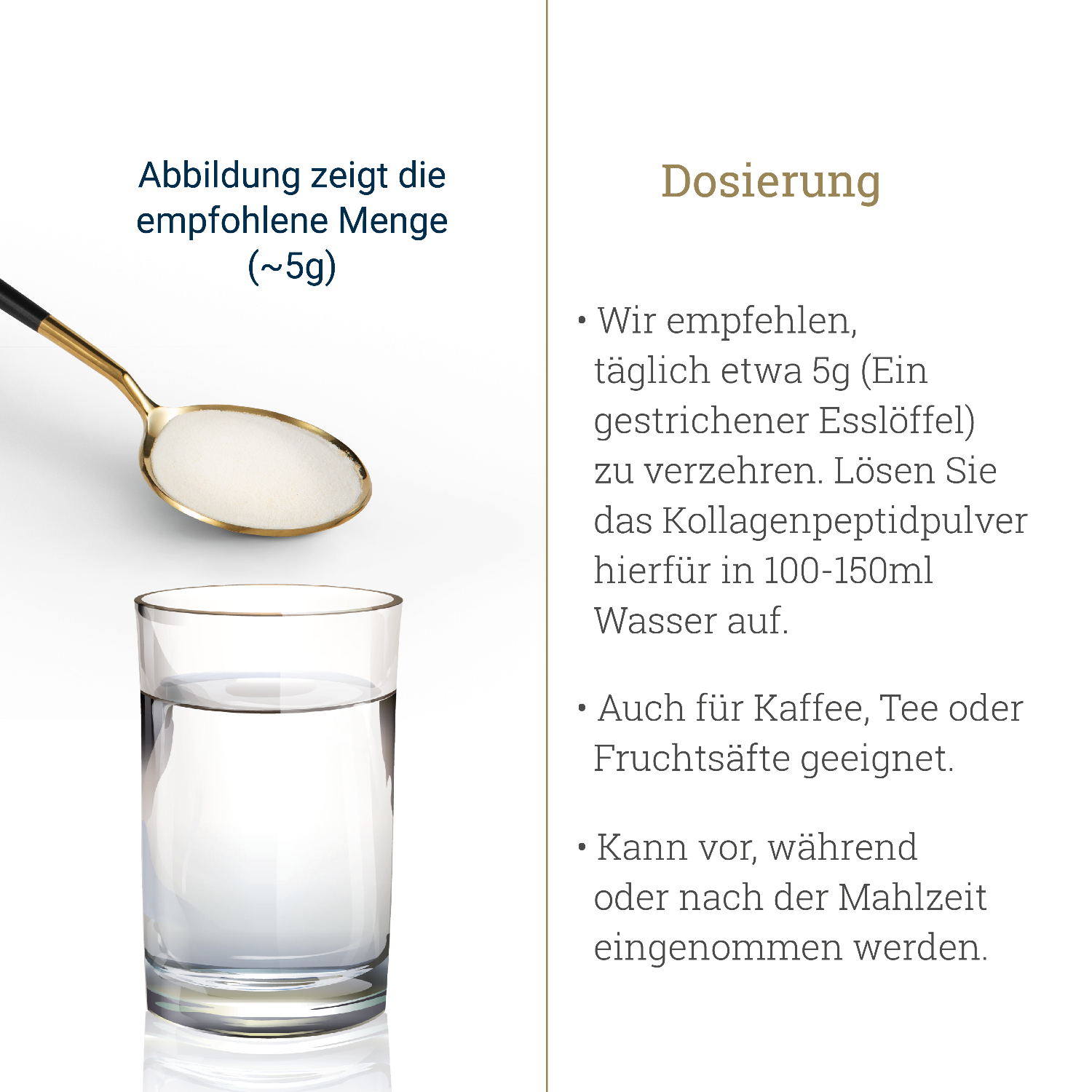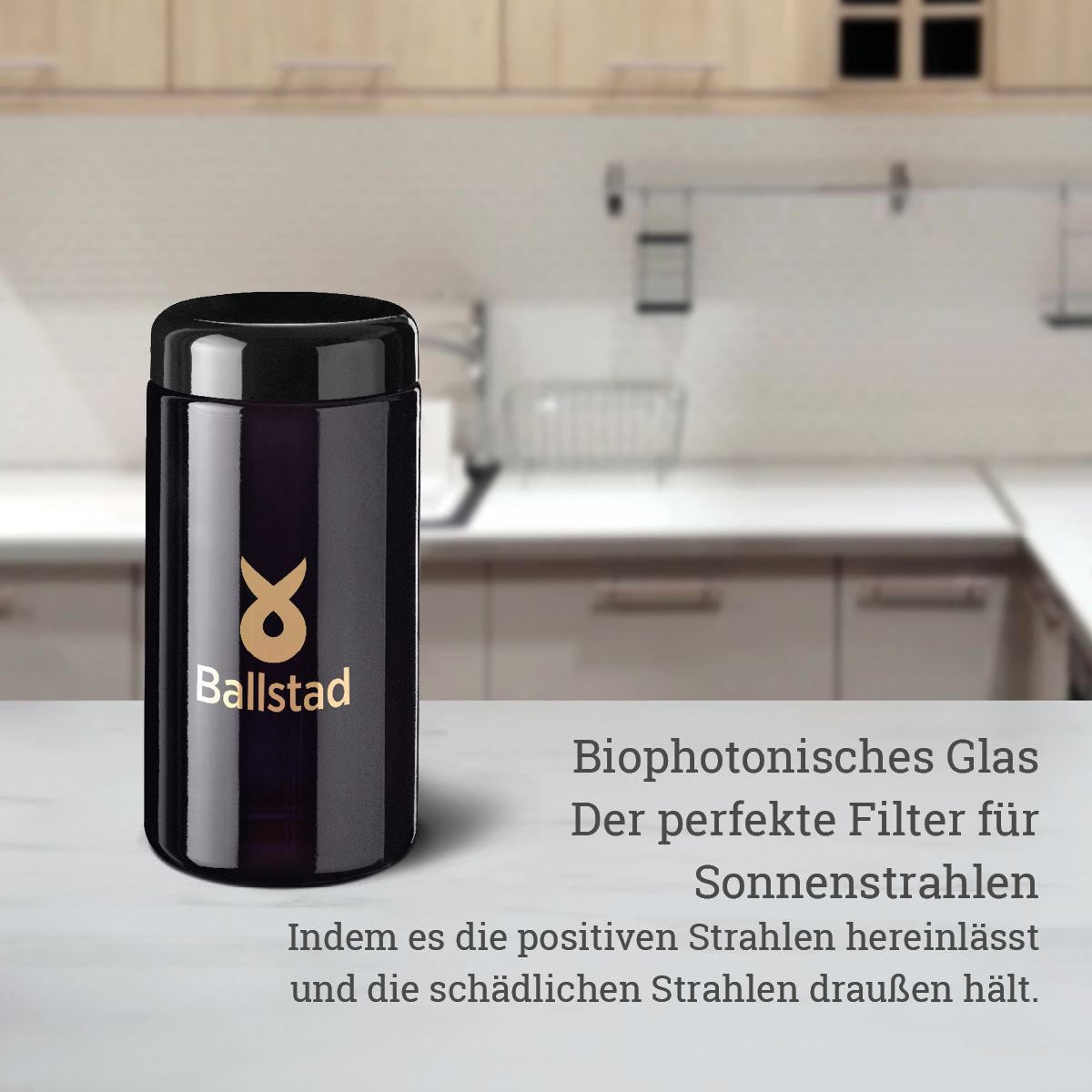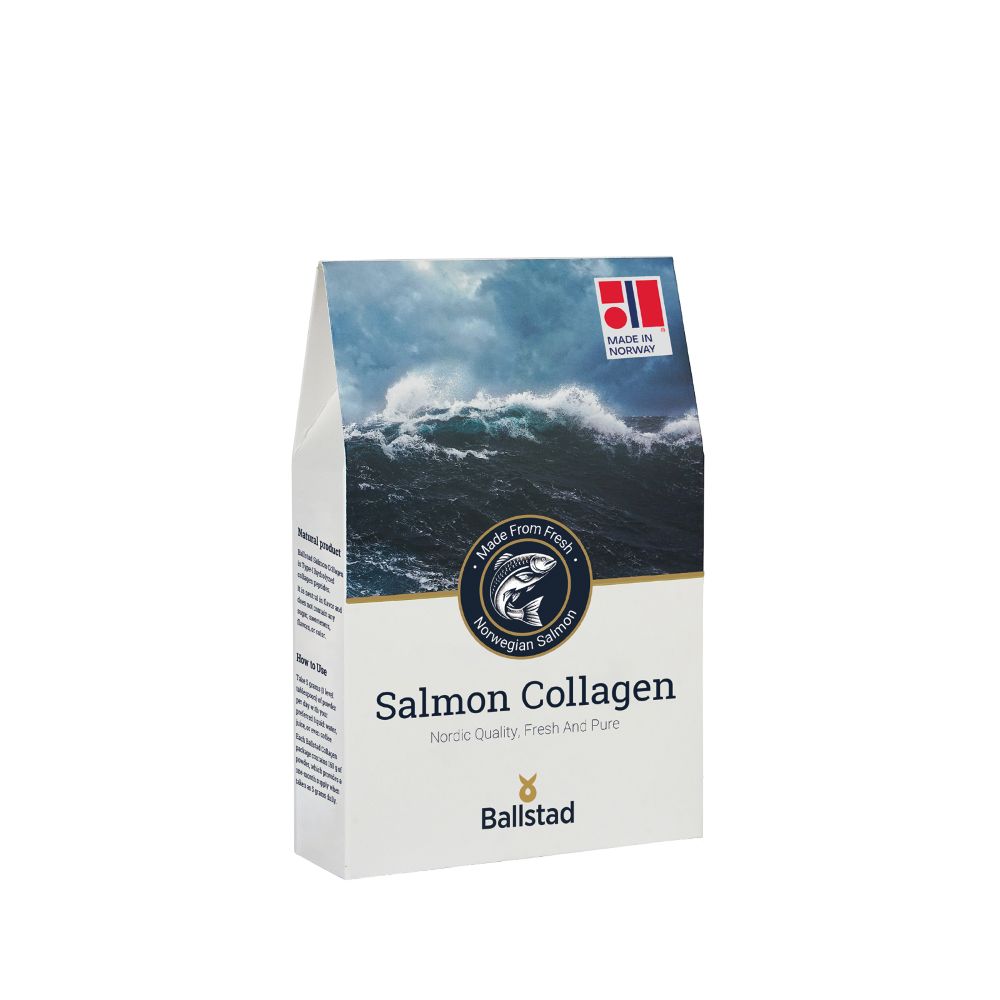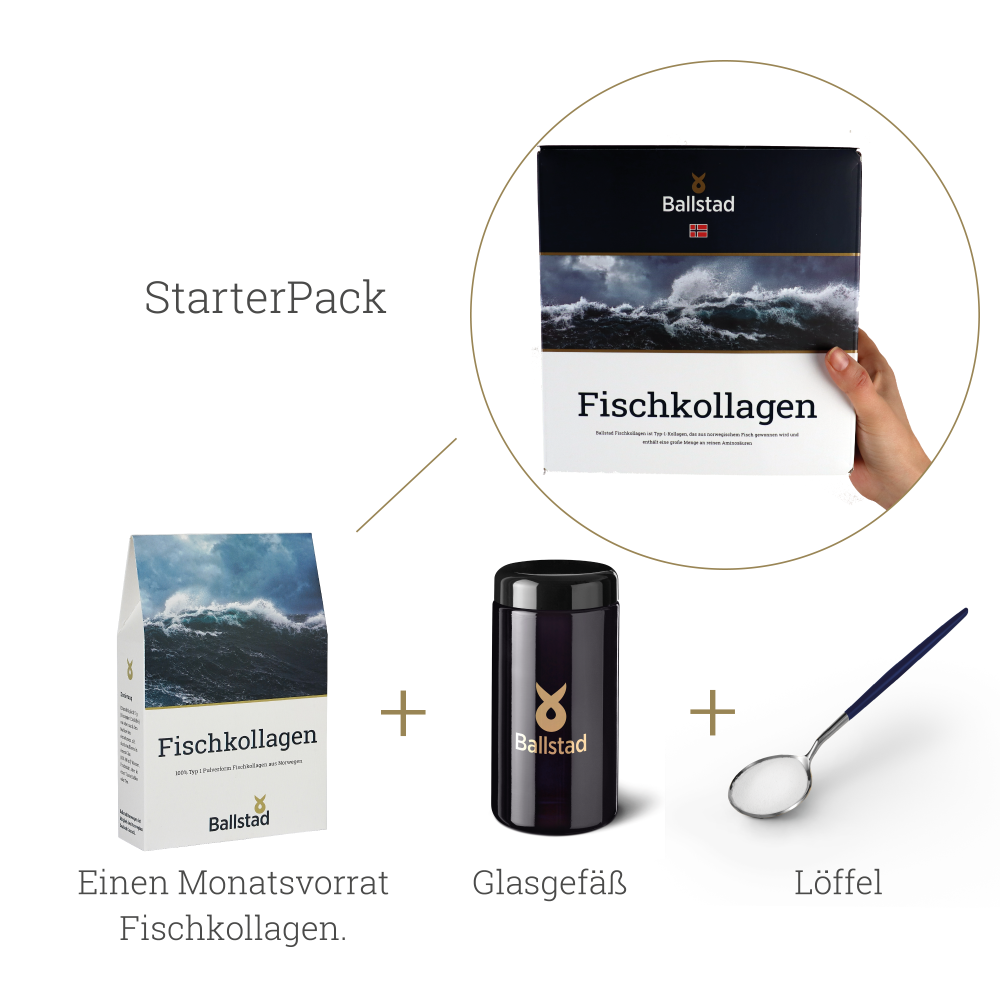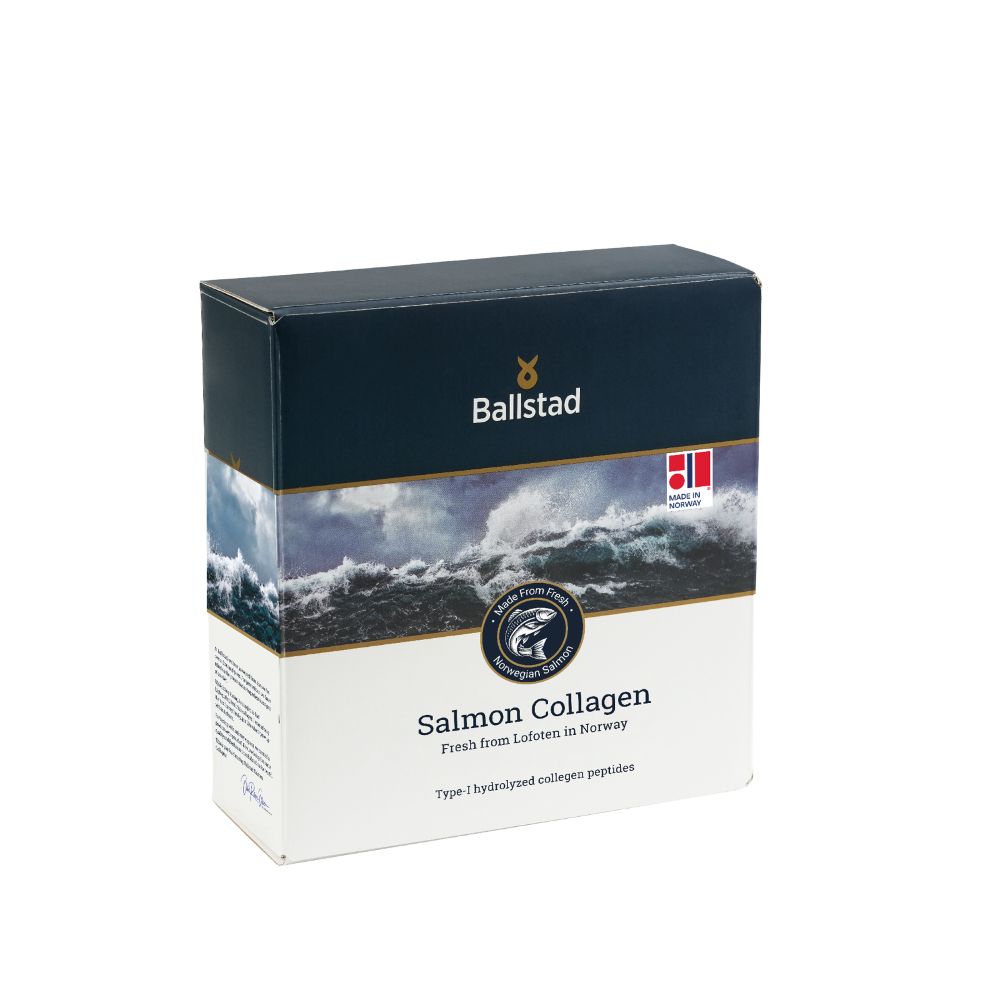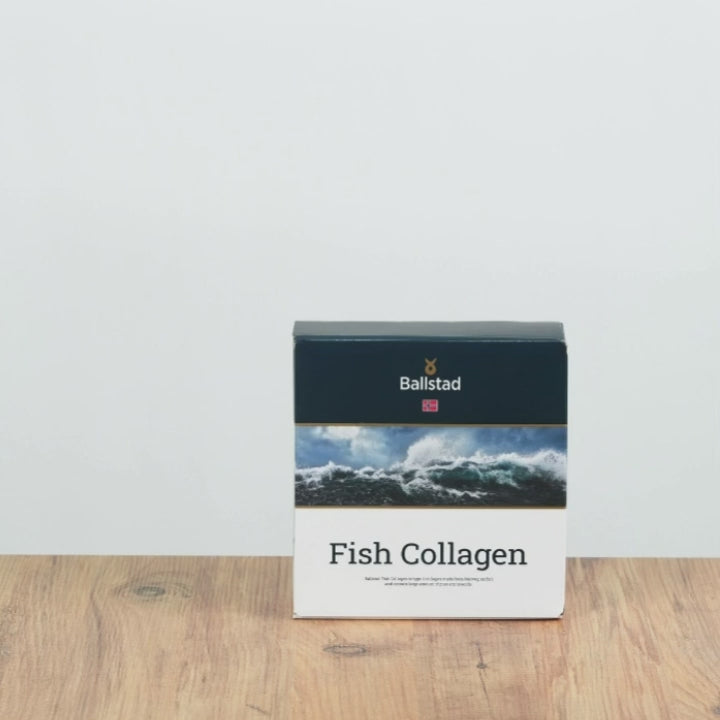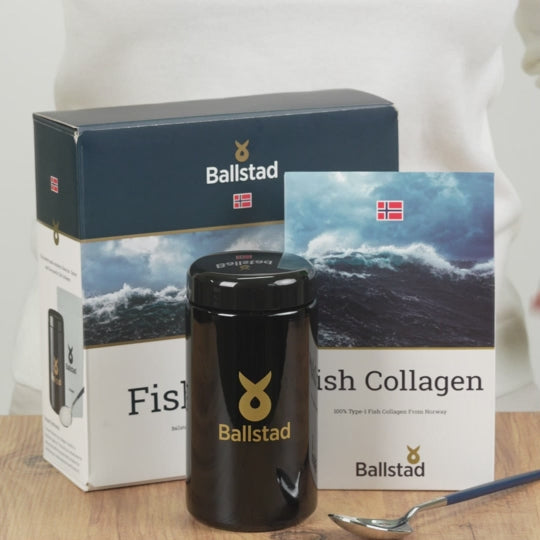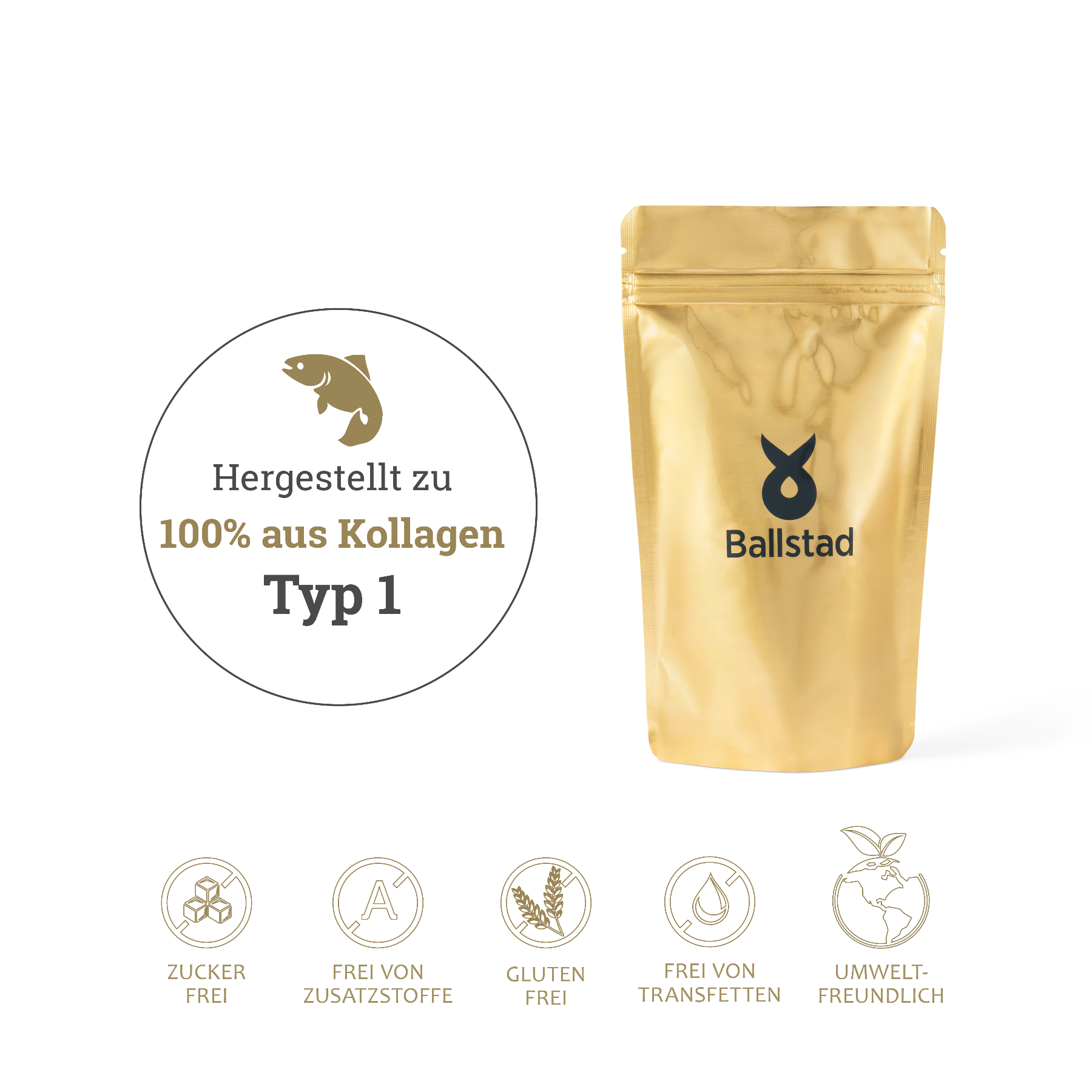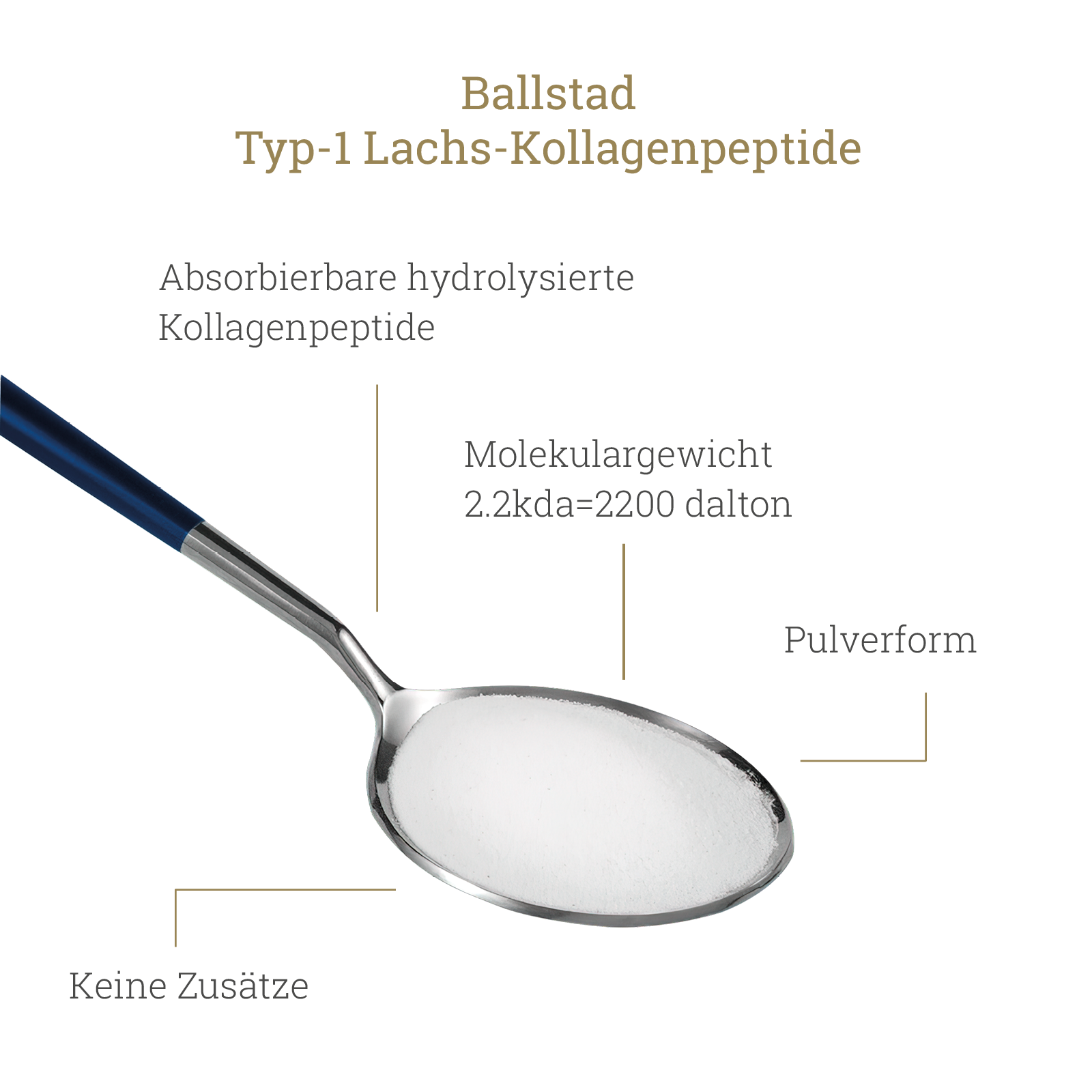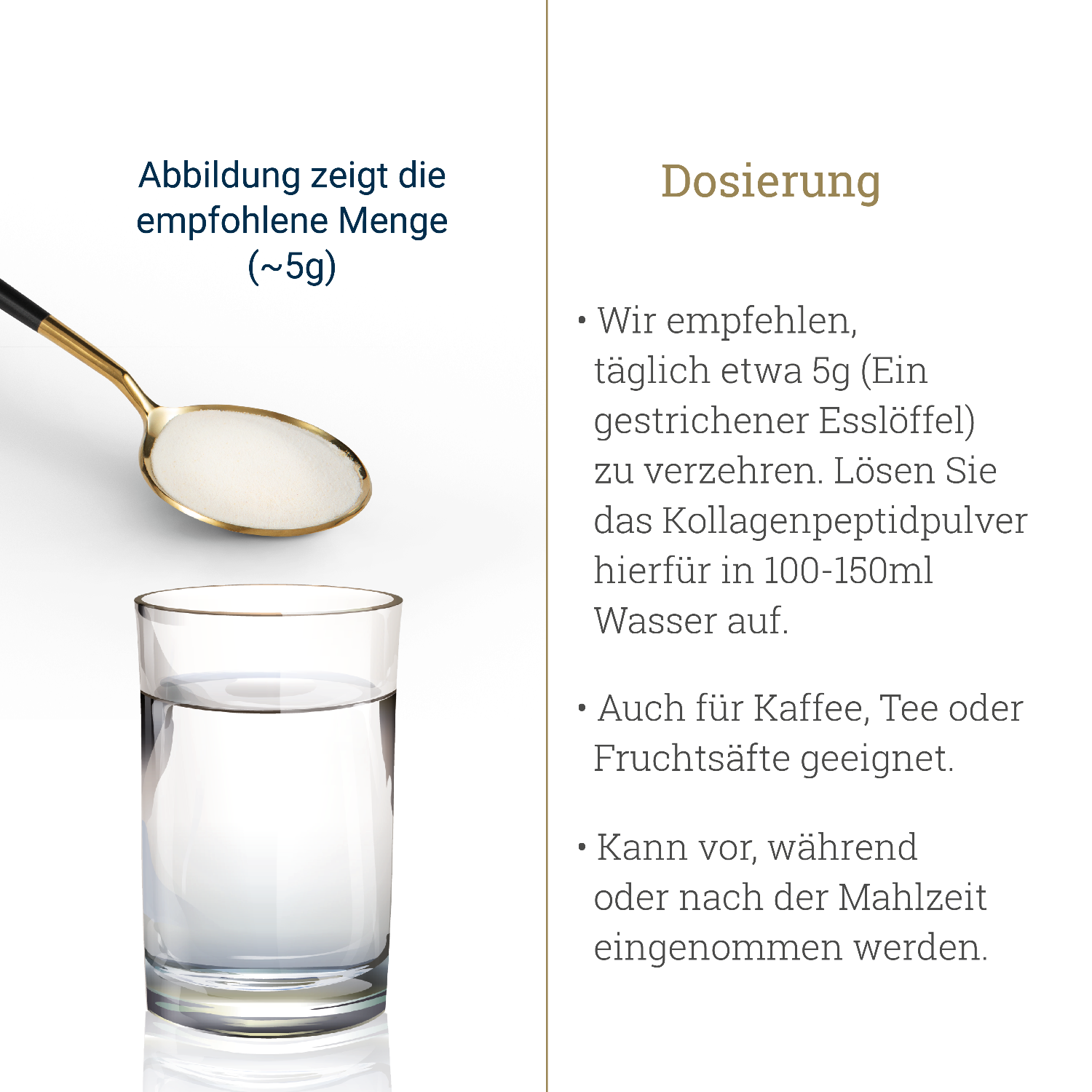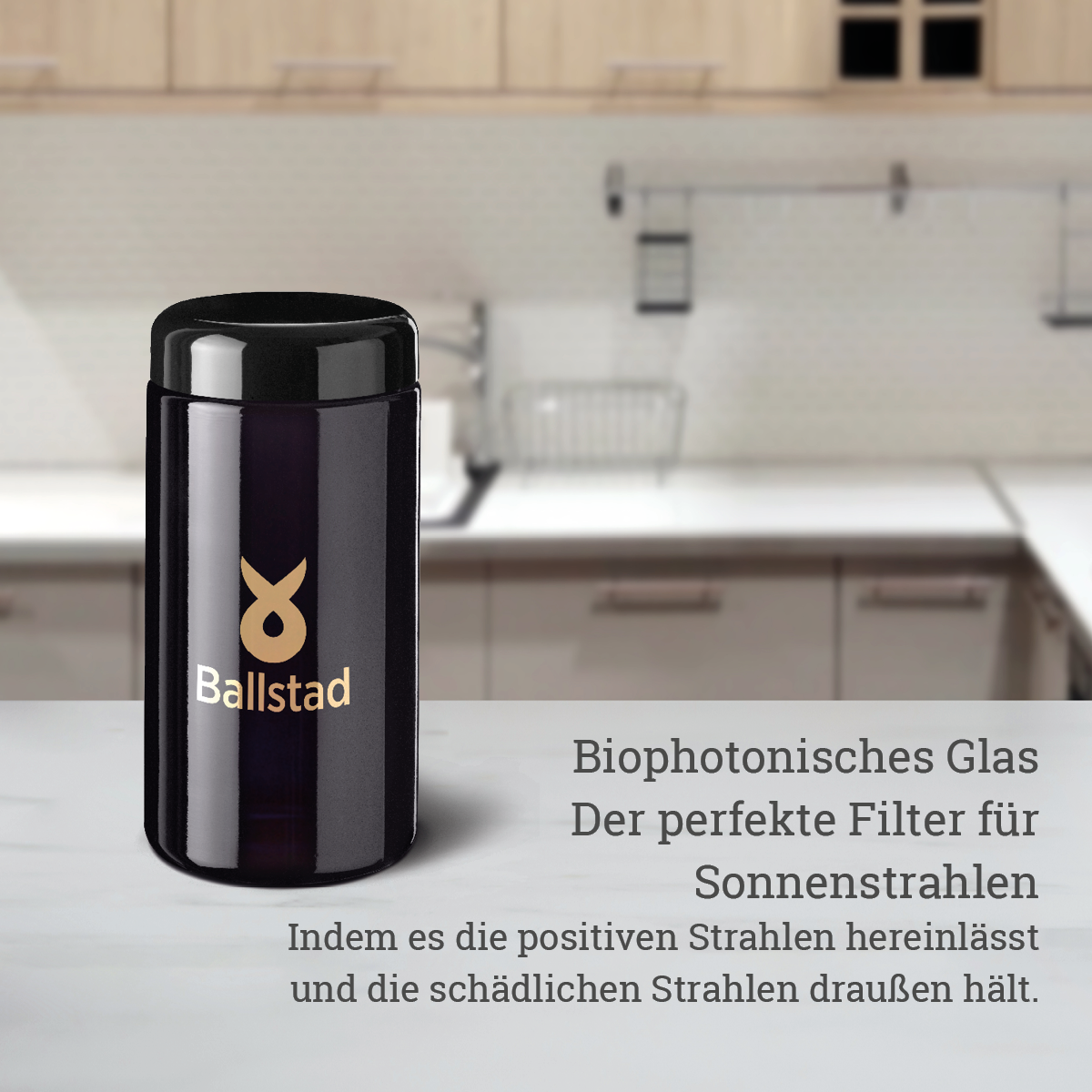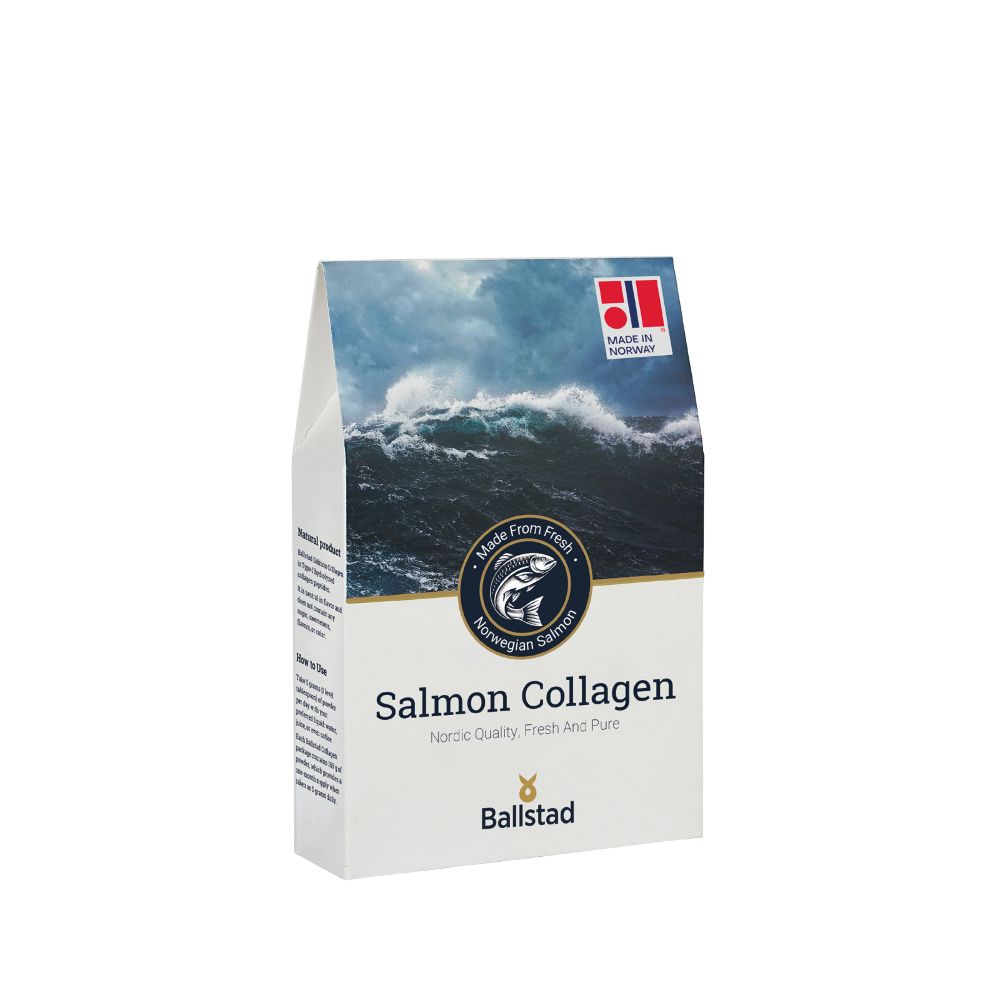More than skin care: Collagen in the context of movement and muscle structure
When you hear the word collagen , many people immediately think of skincare, hair, or nails. But collagen isn't just a beauty protein—it also plays a key role in muscle function , tissue structure , and body stability .
Whether you are physically active or simply want to stay fit and flexible in your daily life, collagen can be part of a conscious routine to support your physical performance.
Collagen and muscle tissue: How are they related?
Collagen is an important component of connective tissue , including tendons and ligaments , which play a key role in every movement. Collagen is also found in the muscles themselves – it makes up about 1–10% of muscle tissue and forms a structural foundation upon which muscle cells are built.
Several scientific studies are investigating the relationship between collagen peptide intake and changes in body composition , particularly in combination with strength training. One clinical study observed that older men who took collagen peptides in conjunction with targeted training showed greater increases in muscle mass than the placebo group.
The role of amino acids in muscle supply
Collagen provides a specific combination of amino acids , including glycine , proline and hydroxyproline – these are only found in small amounts in conventional protein sources such as meat or whey protein.
-
Glycine is used in the body for cell regeneration and sleep quality, among other things – an important aspect for recovery after training.
-
Proline supports the structure of muscle fibers.
-
Hydroxyproline contributes to the stability of the collagen molecules themselves.
These amino acids are therefore part of the body's natural repair processes and can be usefully integrated into the diet after physical exertion.
Why marine collagen is a good choice
Not all collagen is the same: Marine collagen , which is in peptide form due to hydrolysis, is considered to be particularly bioavailable – i.e. easily absorbed by the body.
Ballstad salmon collagen comes from sustainable fisheries and provides type I collagen, which plays a major role in the body's connective tissues.
An additional advantage: It is tasteless and odorless and can be easily stirred into smoothies, water or coffee – ideal for use after exercise or as part of your daily routine.
Targeted support for muscle function – at any age
As we age, the body's own collagen production declines. This can impact muscle mass, recovery capacity, and physical endurance.
Conscious supplementation with high-quality collagen – such as that from Ballstad – can help ensure the supply of important structural building blocks and promote mobility, stability, and regeneration.
Because it's not just about your outward appearance – it's about feeling strong, flexible and vital – today and in the future.
Sources
-
Zdzieblik et al. (2015): Collagen peptide supplementation in combination with resistance training improves body composition and muscle strength in elderly men , British Journal of Nutrition
-
EFSA Journal: Health claims on collagen and its role in connective tissues – scientific opinions
-
BfR (Federal Institute for Risk Assessment): Information on collagen in food supplements
-
Regulation (EC) No 1924/2006: Health Claims on Food
-
Proksch et al. (2014): Oral supplementation of specific collagen peptides has beneficial effects on human skin physiology


